Why are Easyflexibility programs structured the way they are?
Posted by Paul Zaichik on
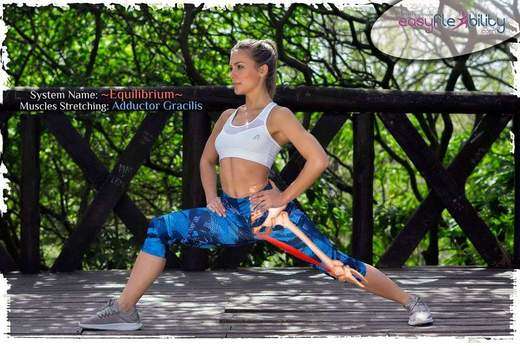
Can I just do all stretching first and all supporting later?
Today you will find out the answer to that question.
Today you will find out the answer to that question.
EasyFlexibility is based on a distributed or spaced practice model. This model is one of two major models of learning. While generally applied to cognitive learning, it is equally applied to motor learning and physiological adaptation to exercise. The distributed practice is the more effective of the two.
Much research has been done about it. (Search for Mass vs Distributed practice if you are interested) I like to do my own studies and thus have tried EF programs with both models.
Much research has been done about it. (Search for Mass vs Distributed practice if you are interested) I like to do my own studies and thus have tried EF programs with both models.
Spaced practice students did significantly better, than mass practice ones. What does this mean? There are several approaches.
Right now, I am talking specifically about how a training session is designed. However, this concept can be applied to overall module. (Don’t confuse this with a focus on one skill or small number of skill goal at a time). Several targeted ZST’s (Zaichik Stretching Techniques) are followed by a group of supporting exercises. Both together make a round. Next ZST’s are repeated again and supporting exercise are also repeated. This is done up to 5-6 times. Which is where optional gains happen.
The above is an example of distributed practice within a workout.
What is the mass structure, for the same techniques in single session?
Go through all ZST’s once, and again and again, etc. When finished, do the supporting once, and again and again, etc. This is less effective for both flexibility gains and for the retention. There is also a super massed practice. Which is least effective and even dangerous. This would be to do drill one ZST many times. Followed by another ZST until all are done. Next, one supporting technique followed by another, till all are done.
The take away is the following. The body needs breaks to adapt. This is true between training session, and this is also true inside training sessions. For this reason, there is constant Zig-Zag between techniques. It’s just what works best.
At EasyFlexibility we offer over 100 programs to suit all of your flexibility needs.
If you need help in selecting the best program for you send us an email to info@easyflexibility.com!
Ballet and Dance
Online On Demand Video
Strength and Flexibility Training Programs
Online On Demand Video
Strength and Flexibility Training Programs
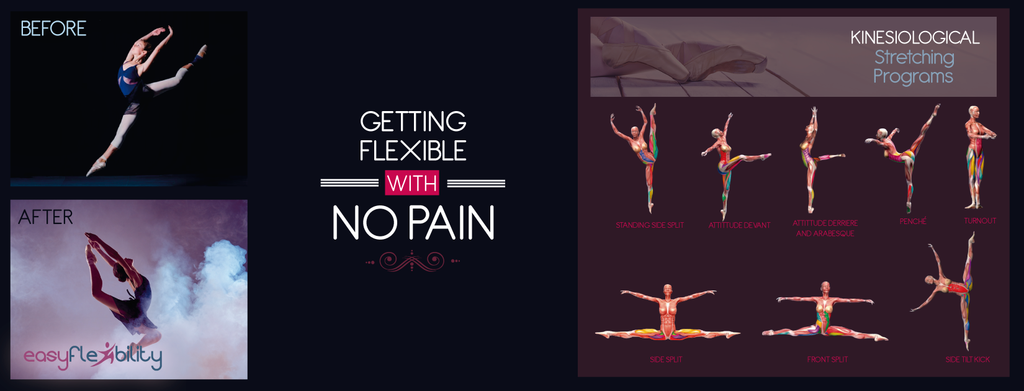
Why are professional dancers so good? How can you be that good or better?
Were they born exceptionally talented? If you ask many dancers they'll answer "It's 99% hard work and only 1% talent".
But you are probably working hard already and not getting any better... Why!?
There's a saying "If you keep doing something wrong, no matter how many times you do it, you get good at exactly that, doing it wrong"... Which we dare say is exactly what YOU are doing.
So how can you improve your dancing skills? What can YOU do to be the next Star? The answer is the Zaichik Stretching Technique (ZST), which will not only get you flexible, but strong so that you can hold any position that you wish and truly shine on stage.
So how can you improve your dancing skills? What can YOU do to be the next Star? The answer is the Zaichik Stretching Technique (ZST), which will not only get you flexible, but strong so that you can hold any position that you wish and truly shine on stage.
Ready to get started?
Thousands of people worldwide have achieved the same results you're dreaming about and you can too!
Thousands of people worldwide have achieved the same results you're dreaming about and you can too!
Got my flexibility back after many years!
I have been a professional dancer for over 10 years this DVD is now part of my training regimen I had an average turnout, but with use of this program, I have seen amazing results. My body is in correct alignment and my knees are not stressed out, because my turnout is coming from the hip. Thank you Easy Flexibility, it feels great to do a Grand Plie !! Mary Ellen Valenti
Pick Your Program Now!
Pick your program or combo below.
If you'd like to know about each of the programs in detail
CLICK ON THE PICTURES.
Should you need further assistance please write to us at: info@easyflexibility.com
CLICK ON THE PICTURES.
Should you need further assistance please write to us at: info@easyflexibility.com
Share this post
- 3 comments
- Tags: Attitude Devant, back bending, Back flexibility, Ballet, Dance moves, dancers pose, easyflexibility, Fitness Quotes, Hamstring Flexibility, kinesiological stretch, kinesiological stretching, strength, strengthen, stretch, stretching, target and leverage, Training Flexibility, zst exercise
3 comments

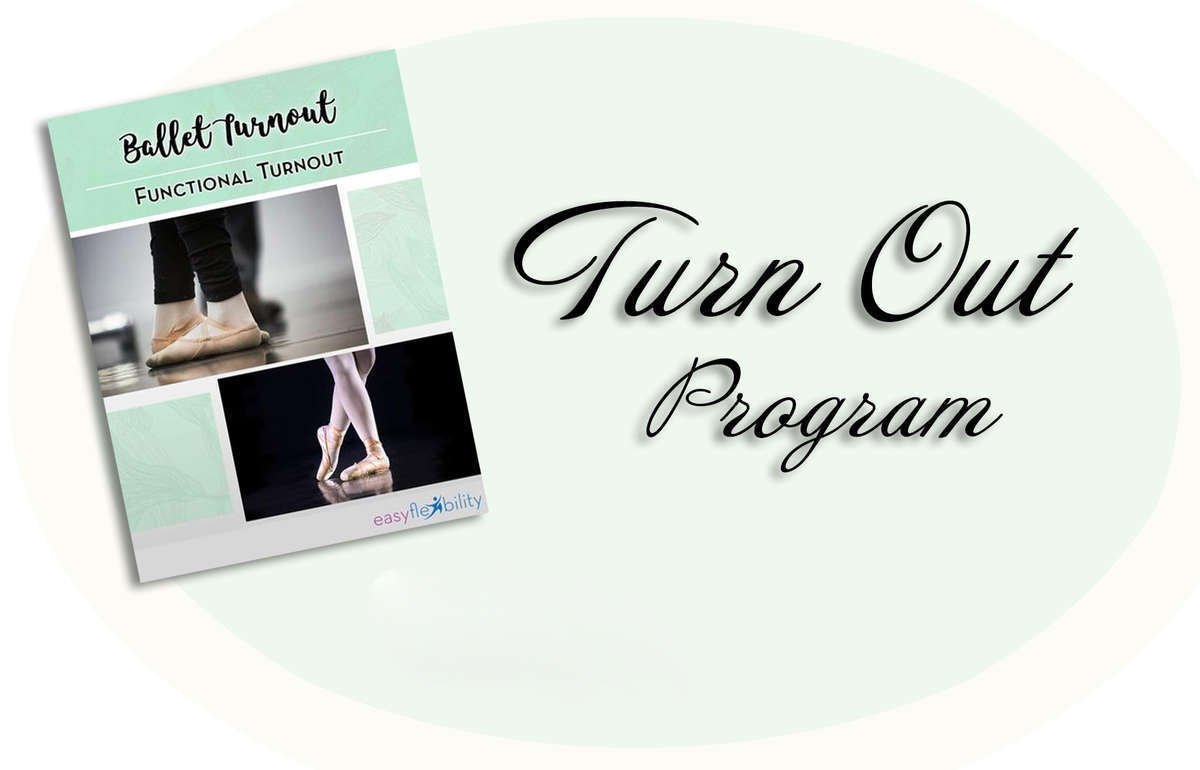
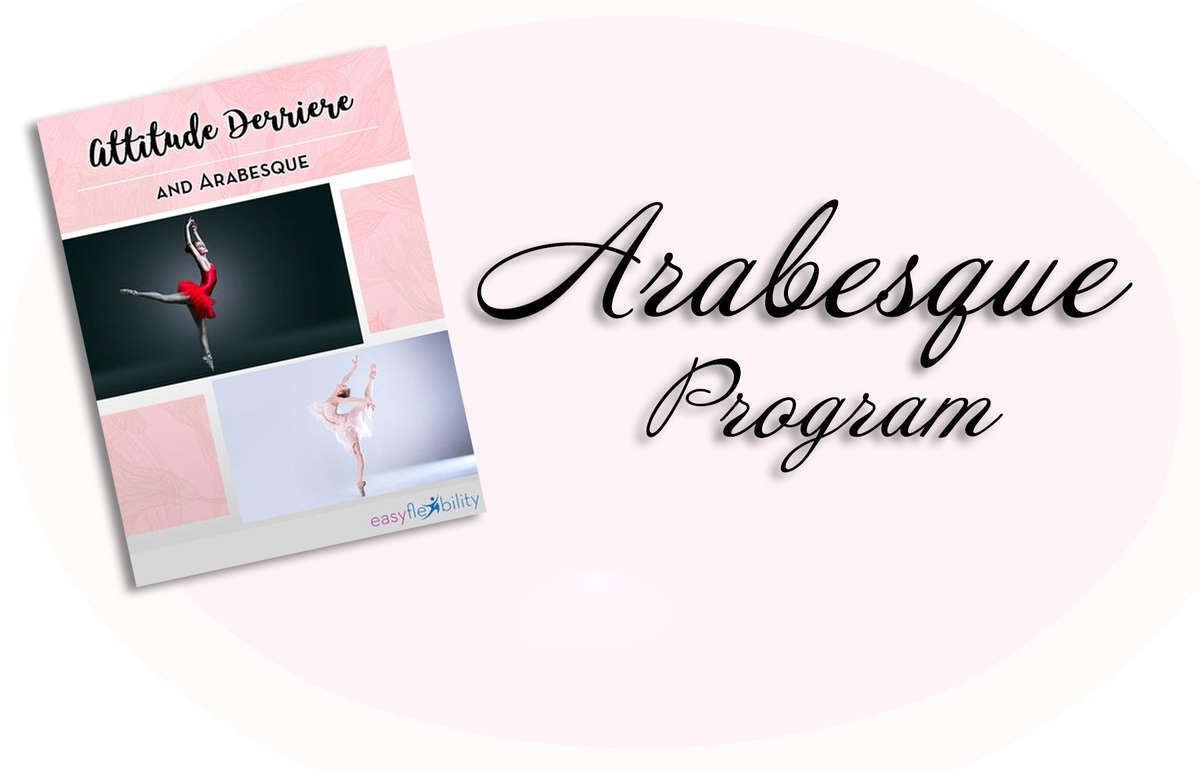
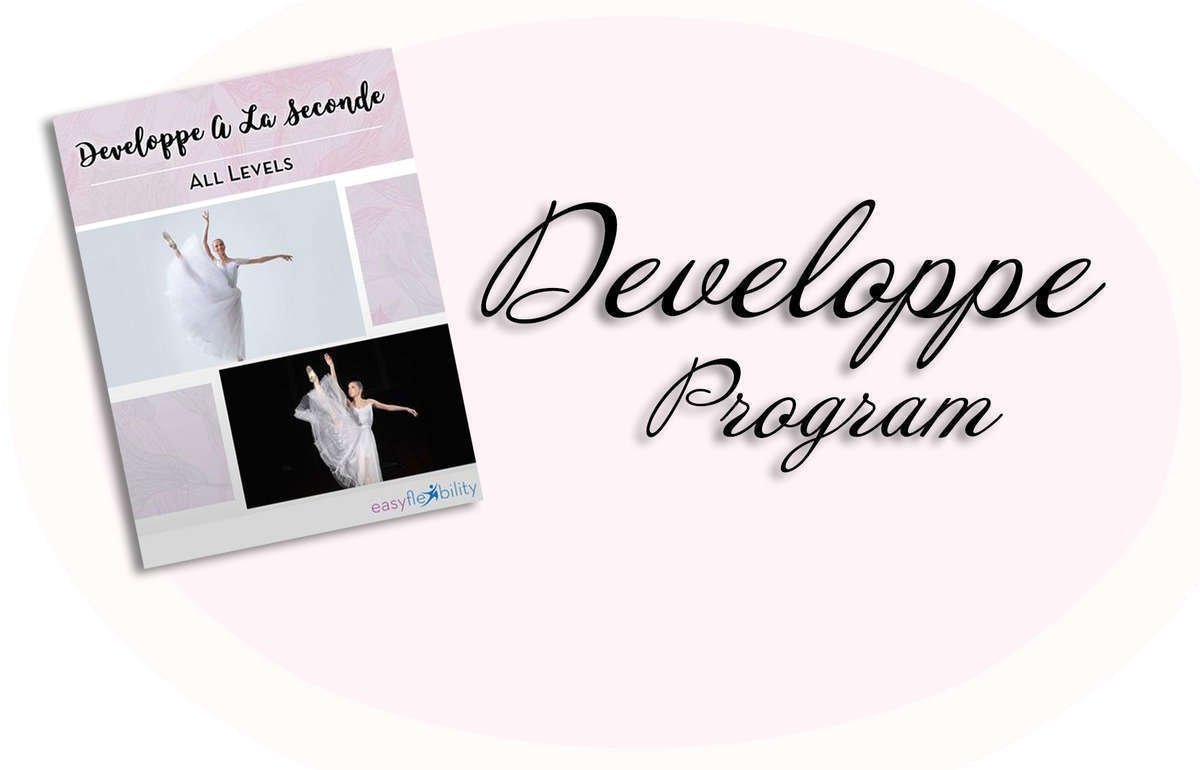
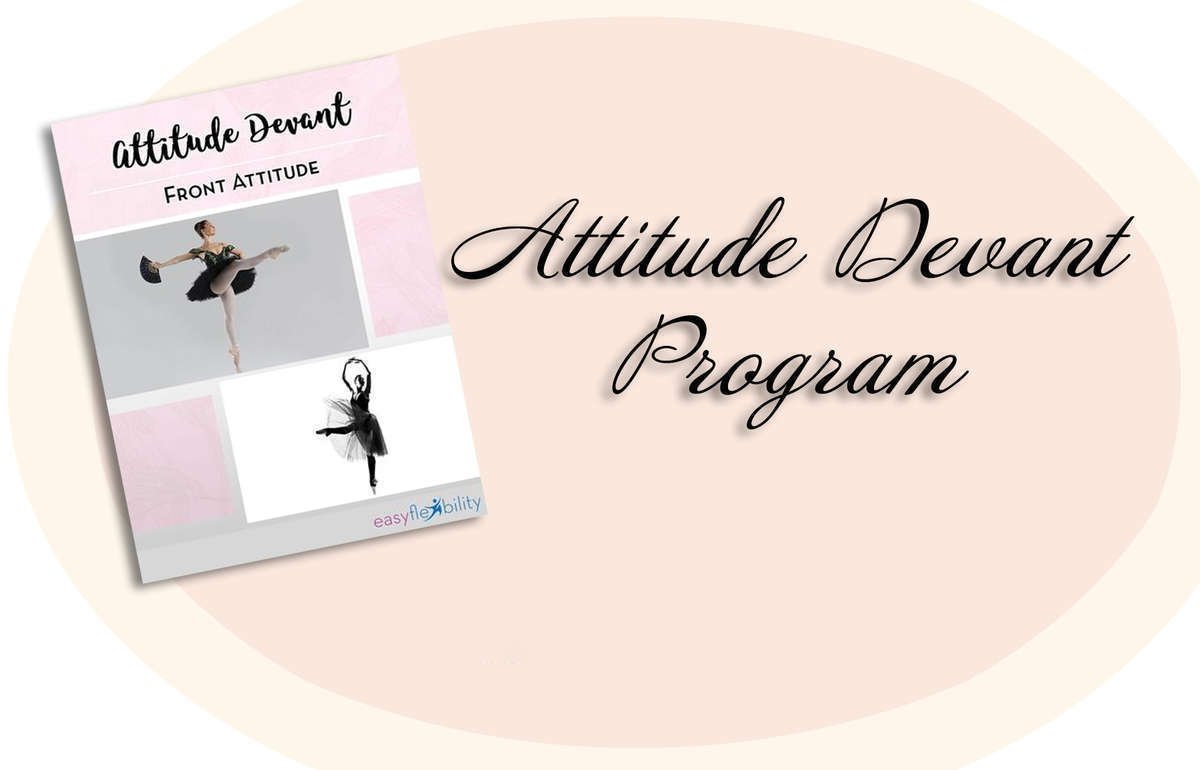
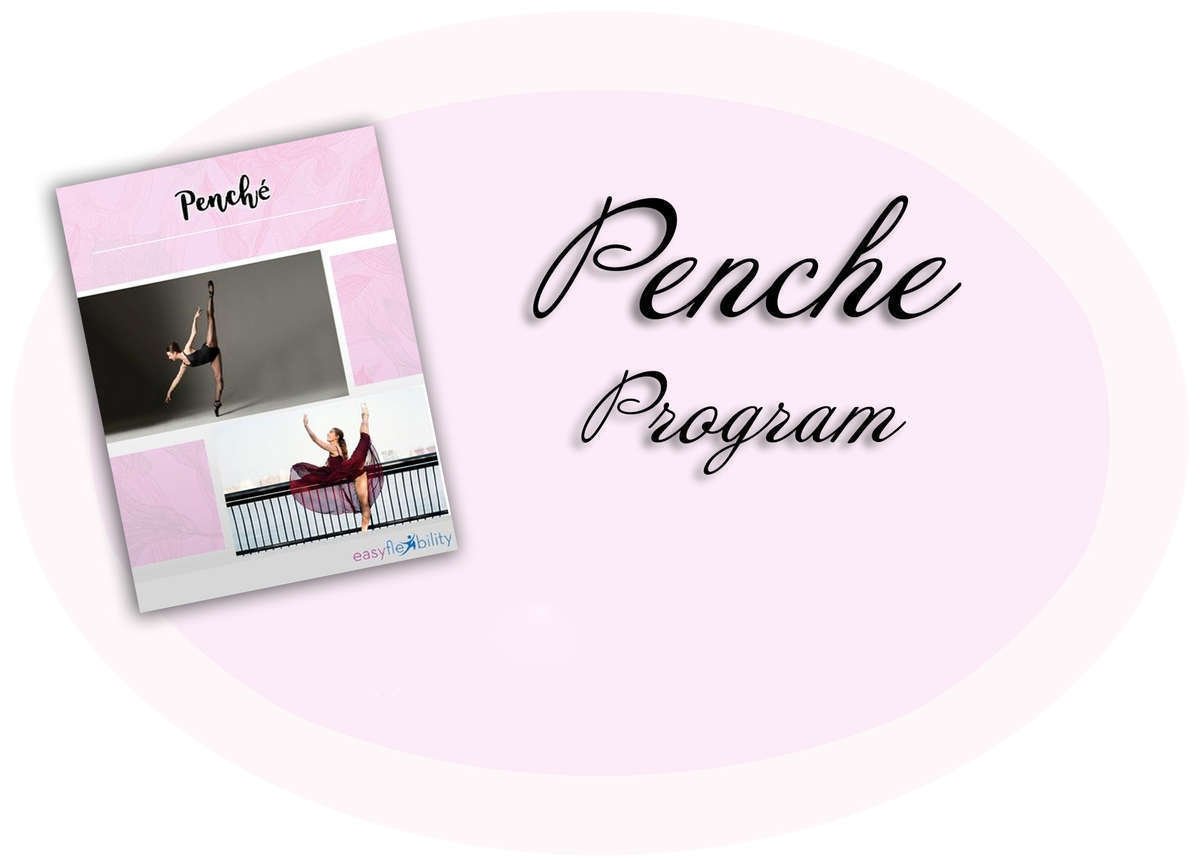

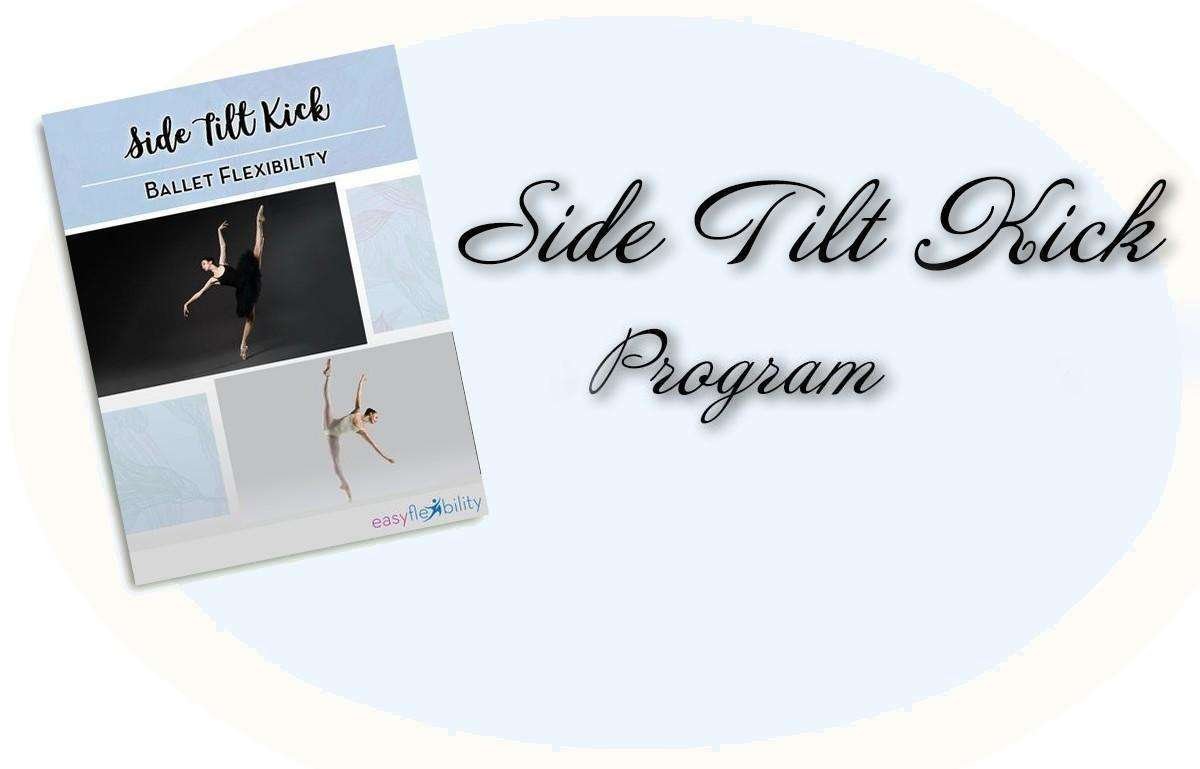
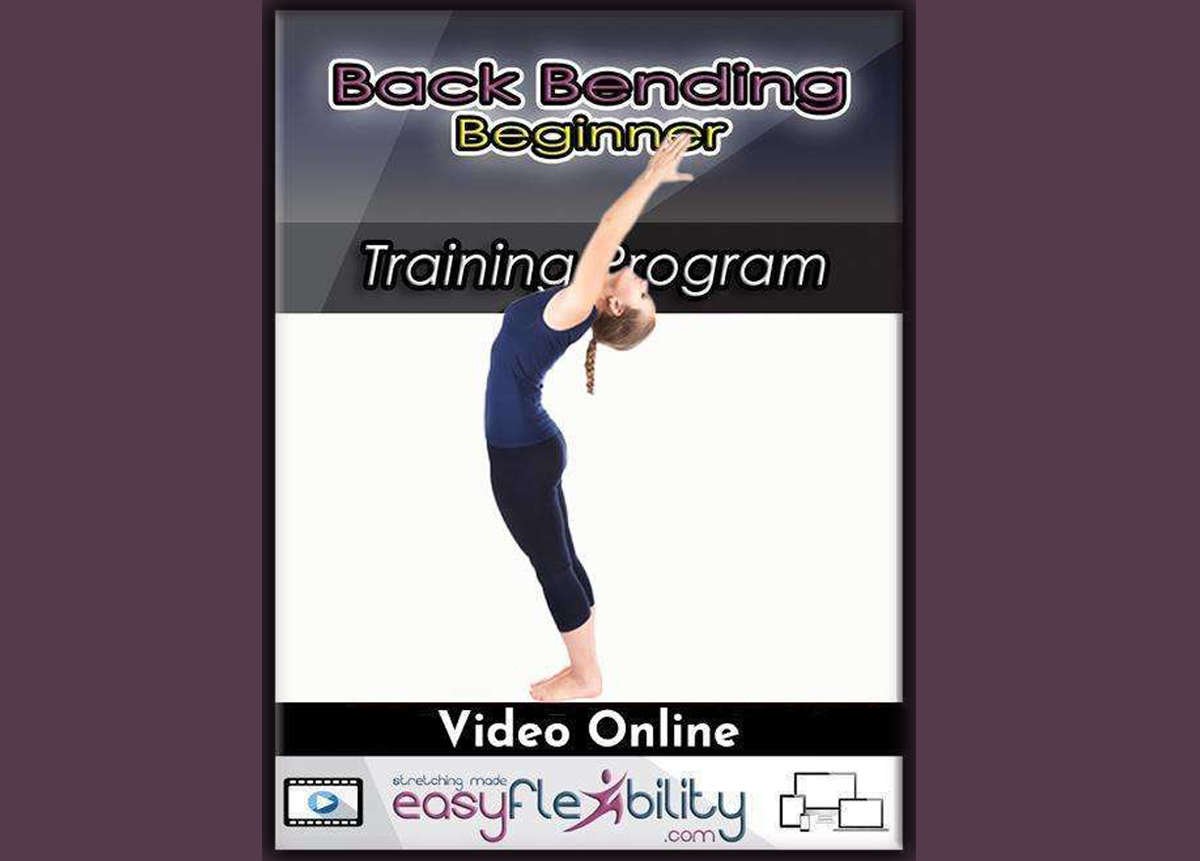
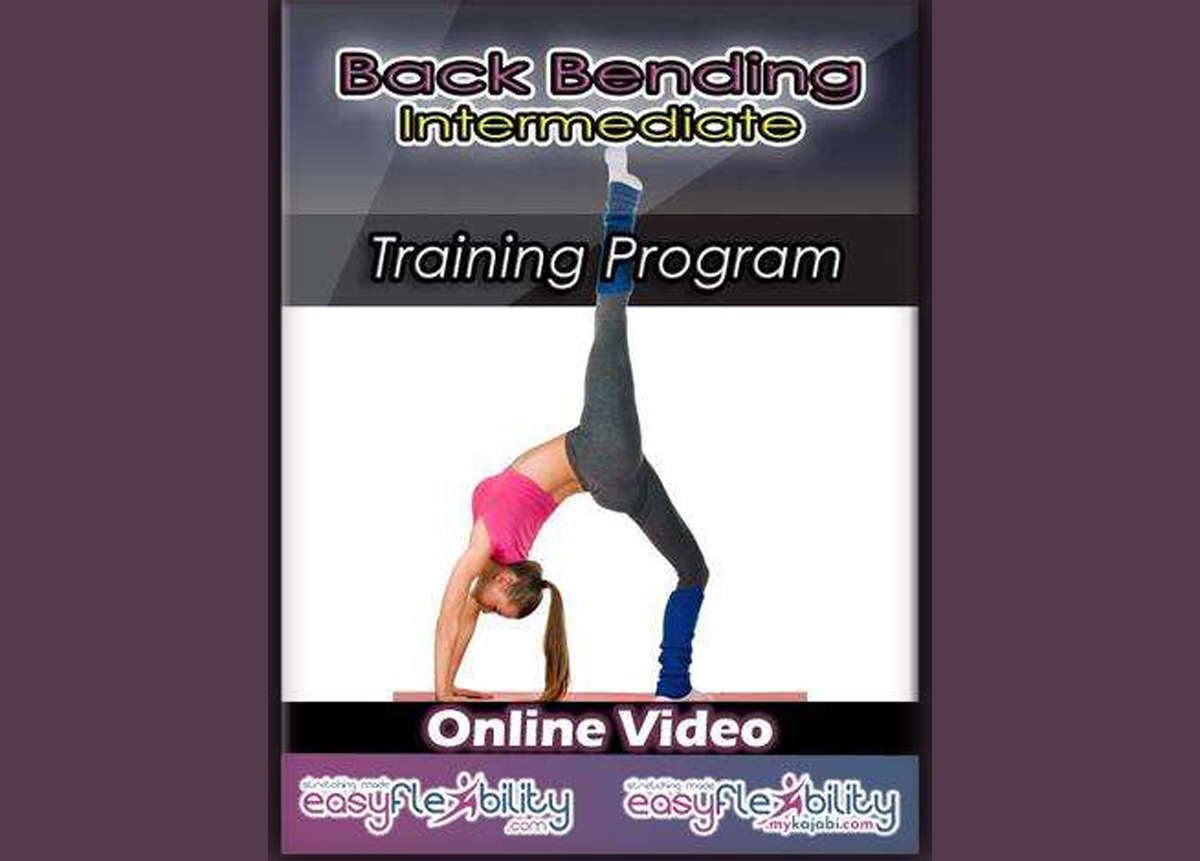
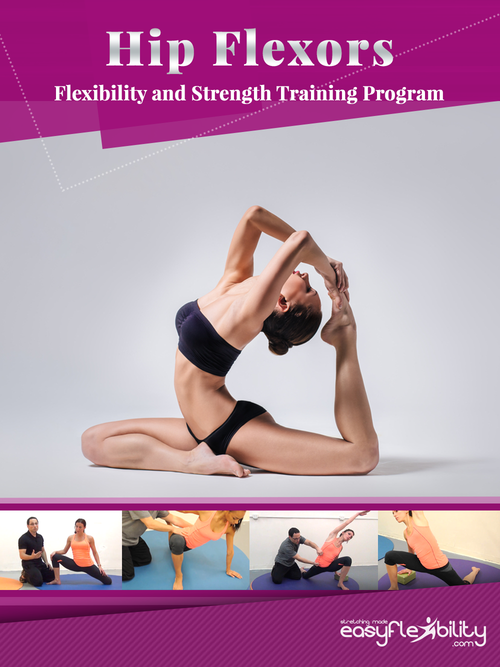
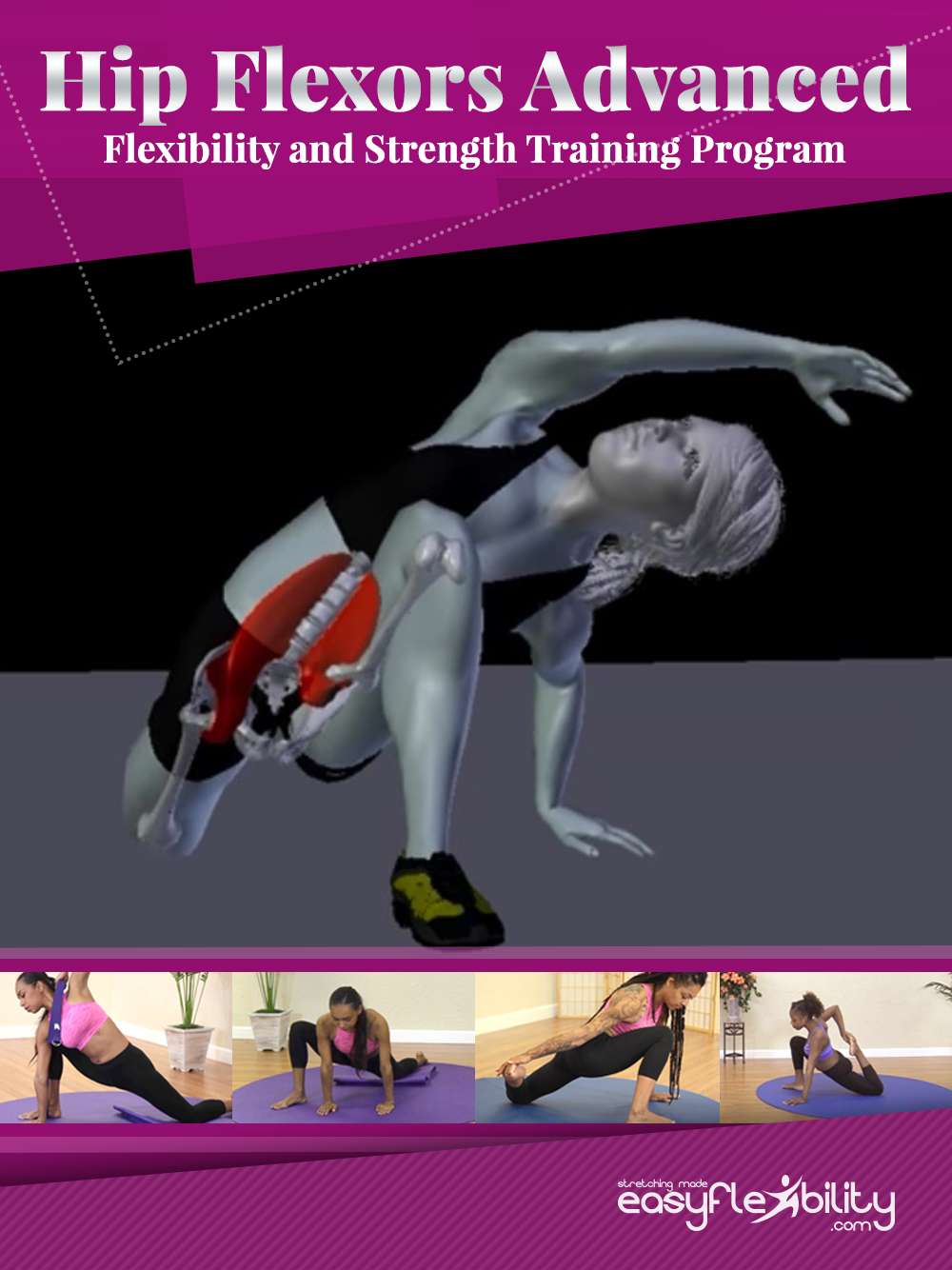
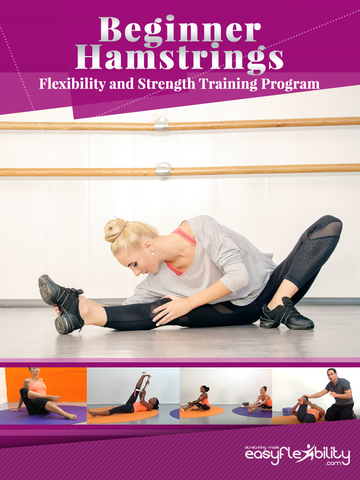
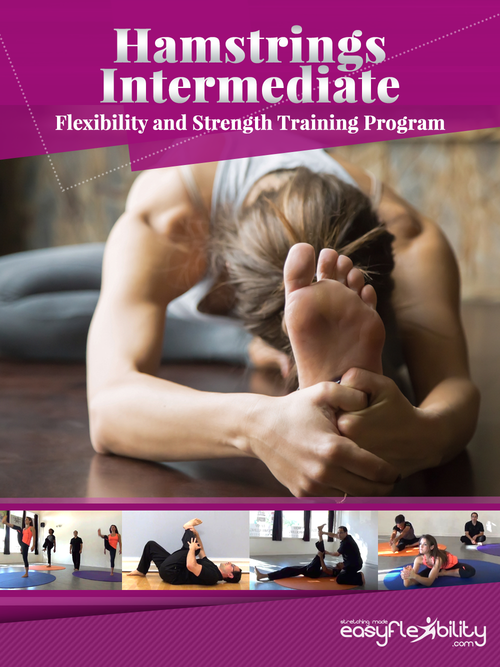
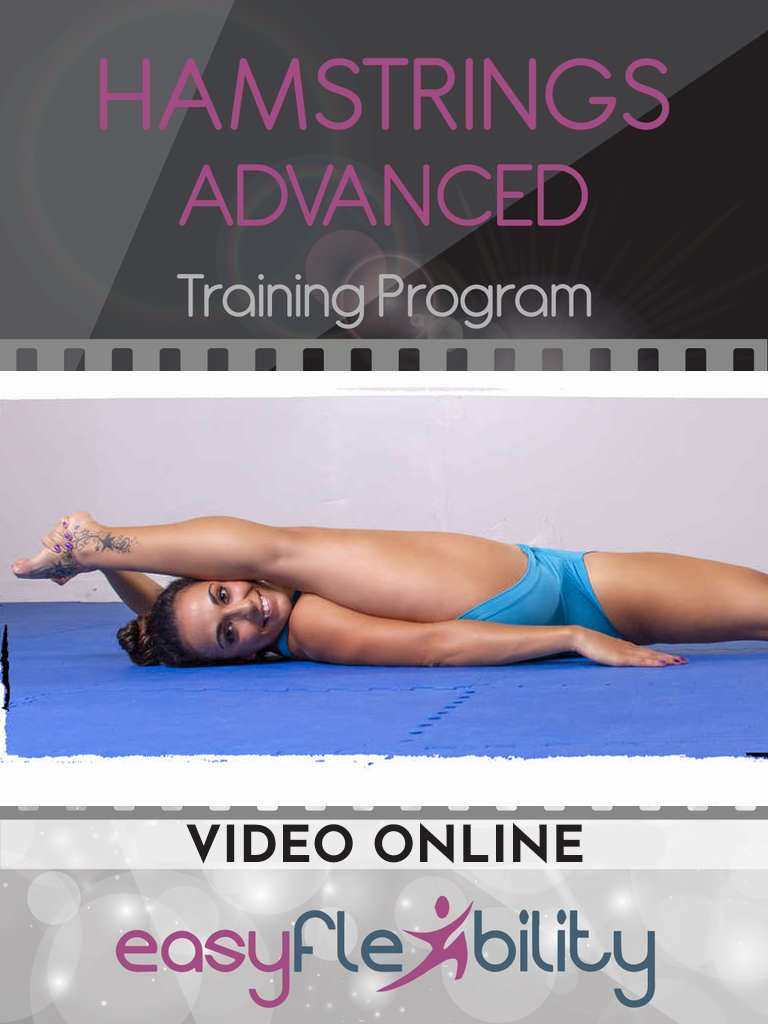
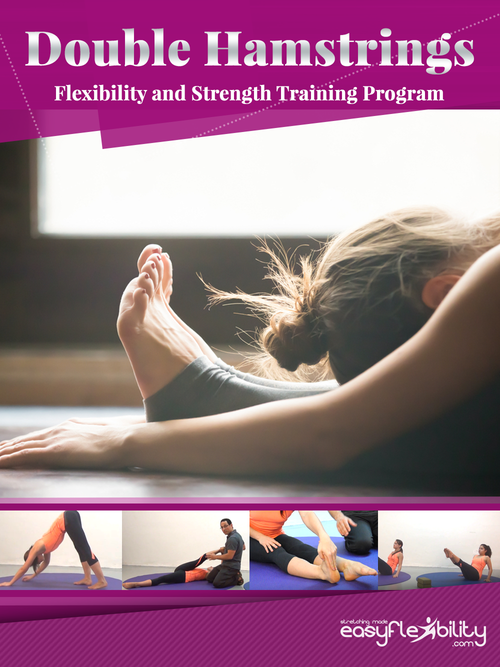
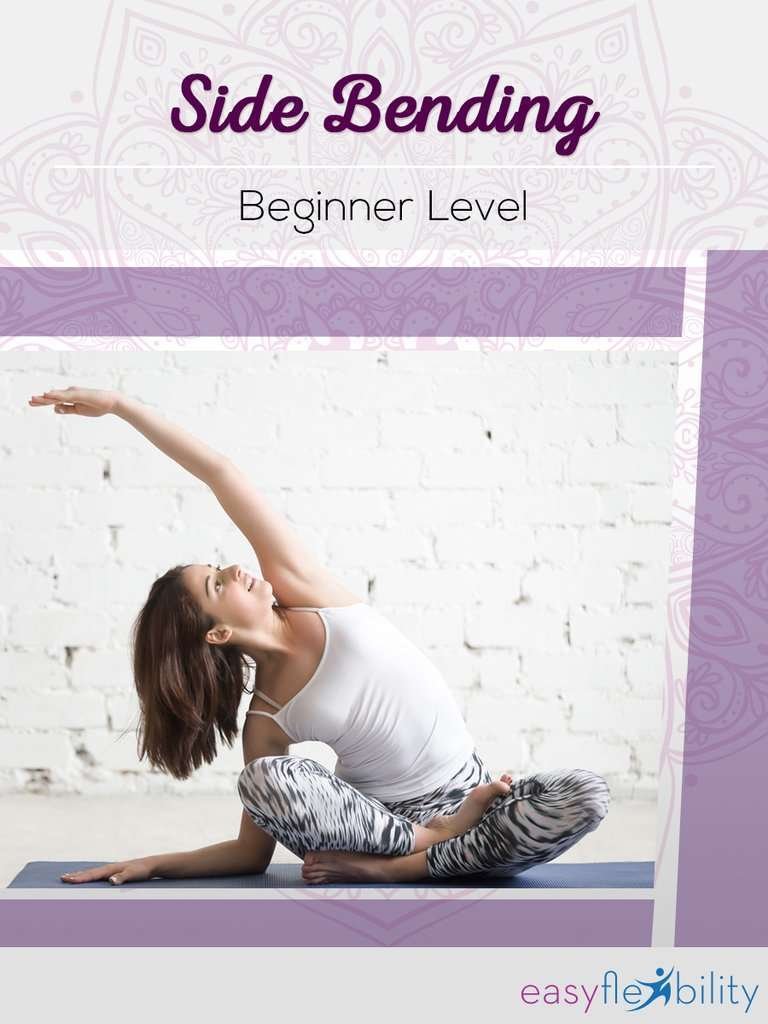
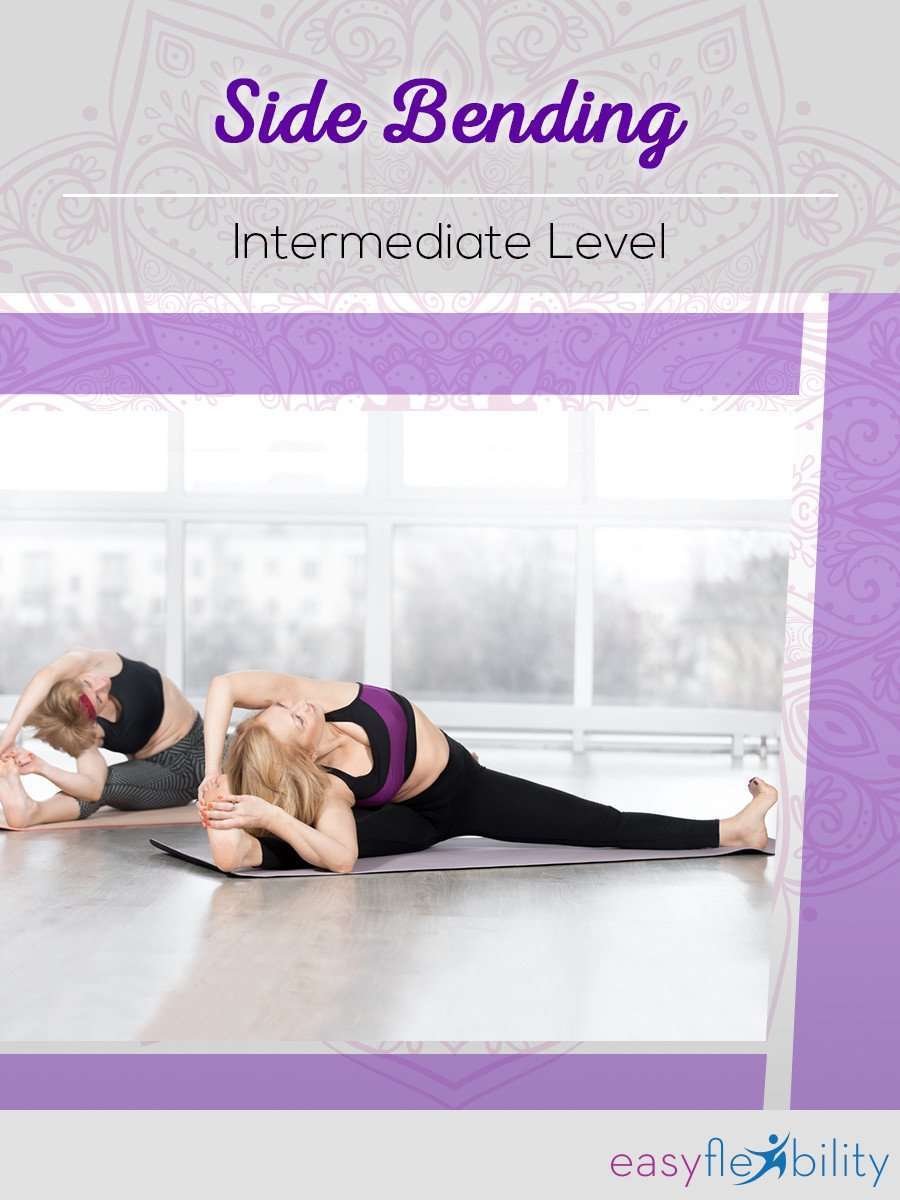
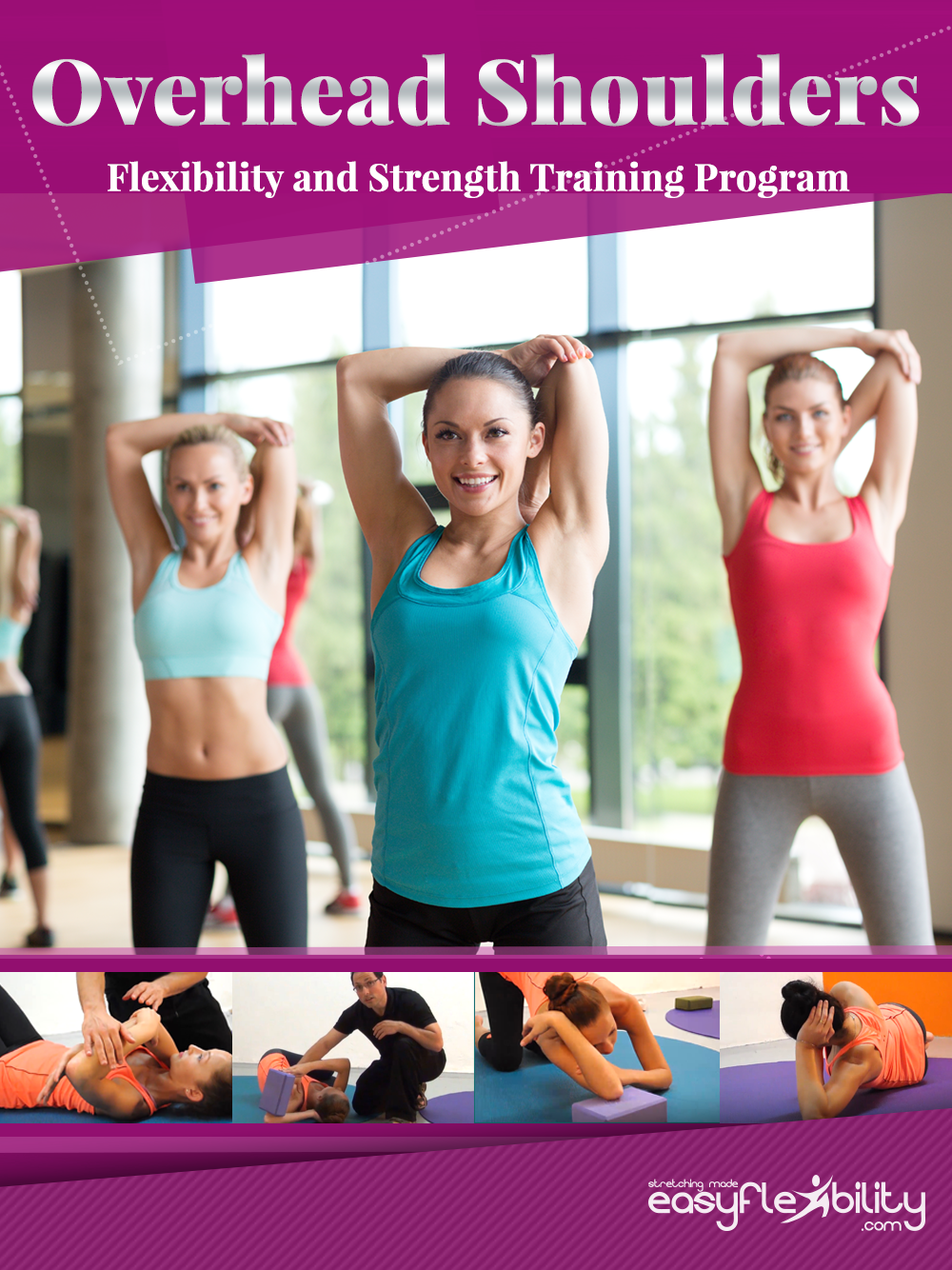
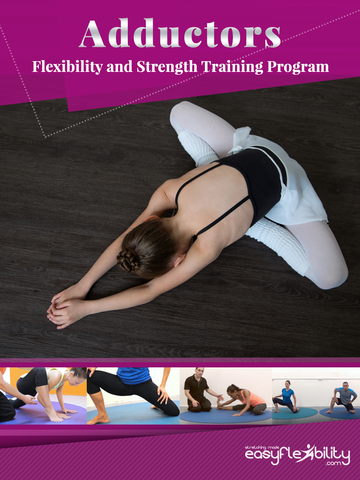
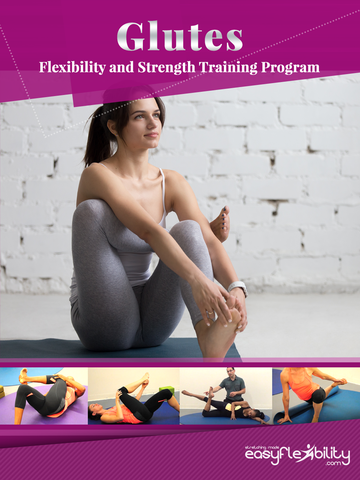
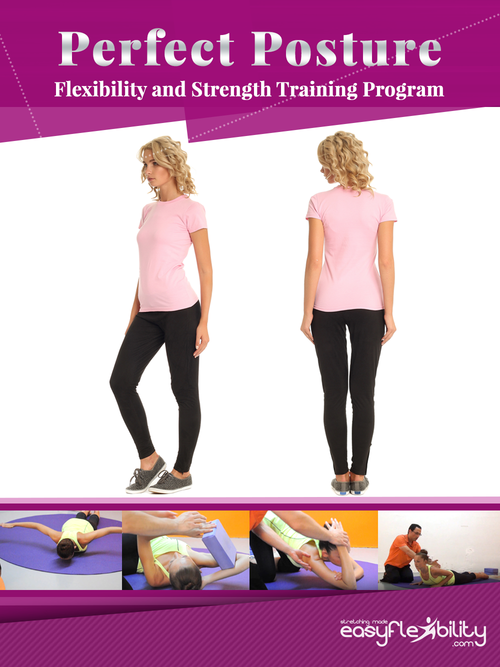
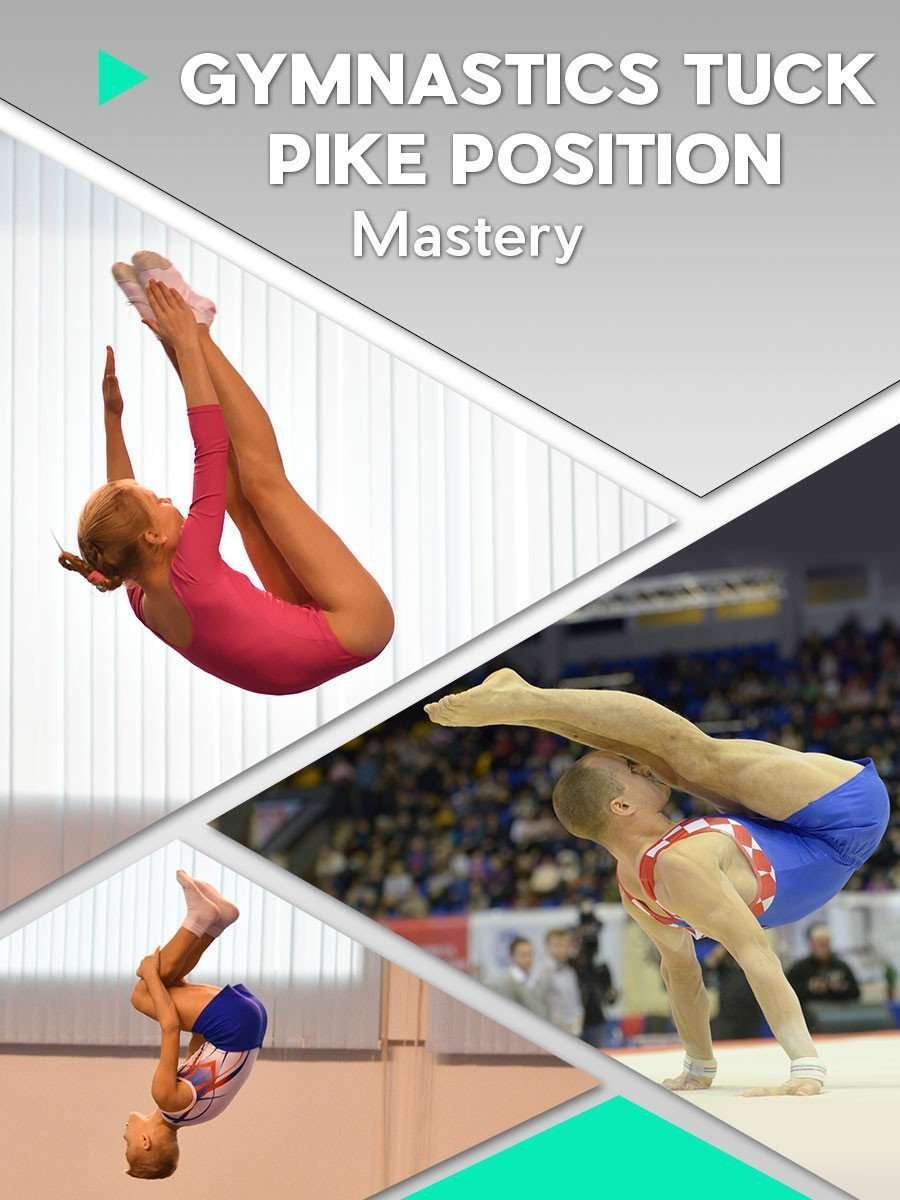
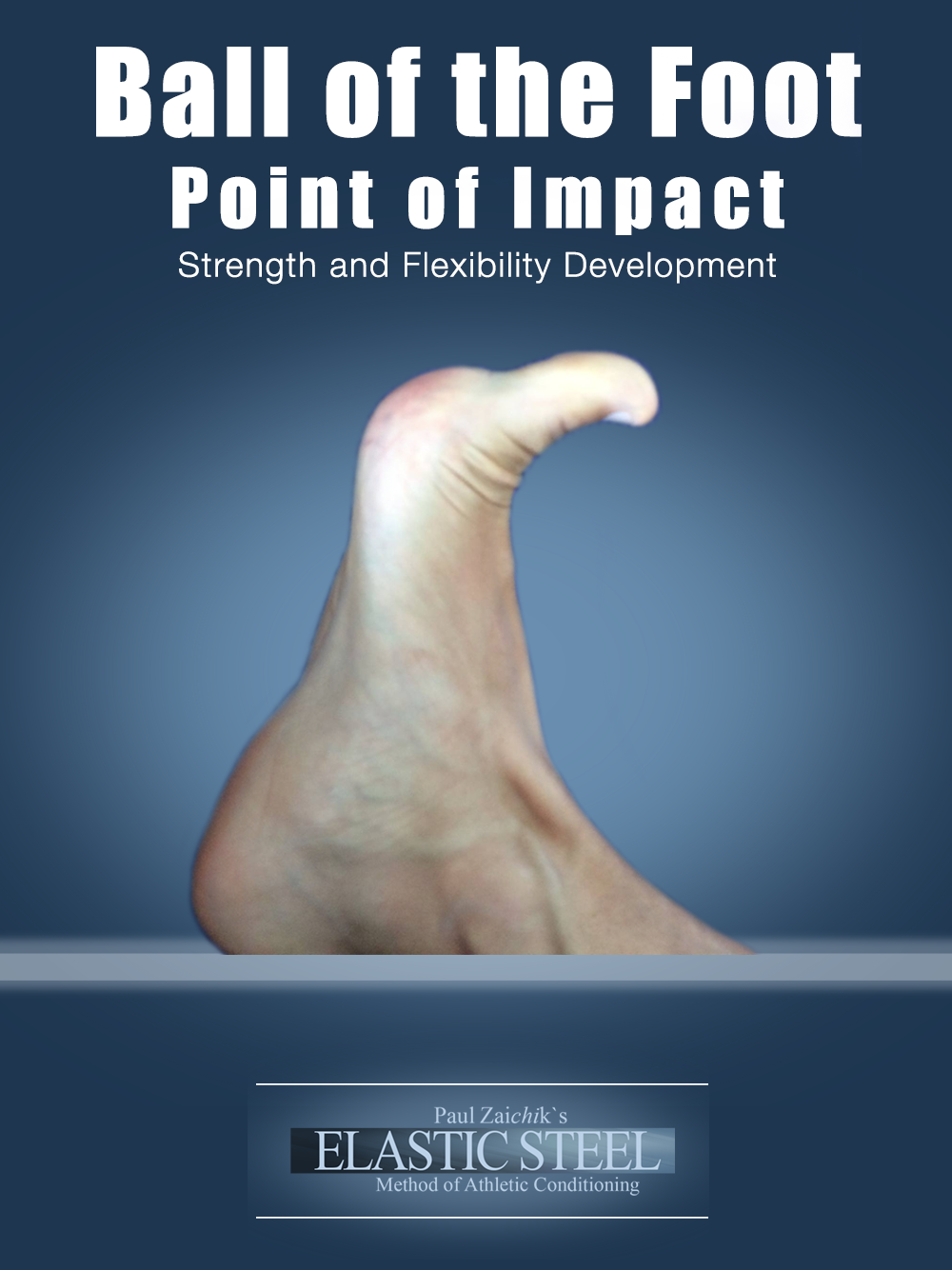
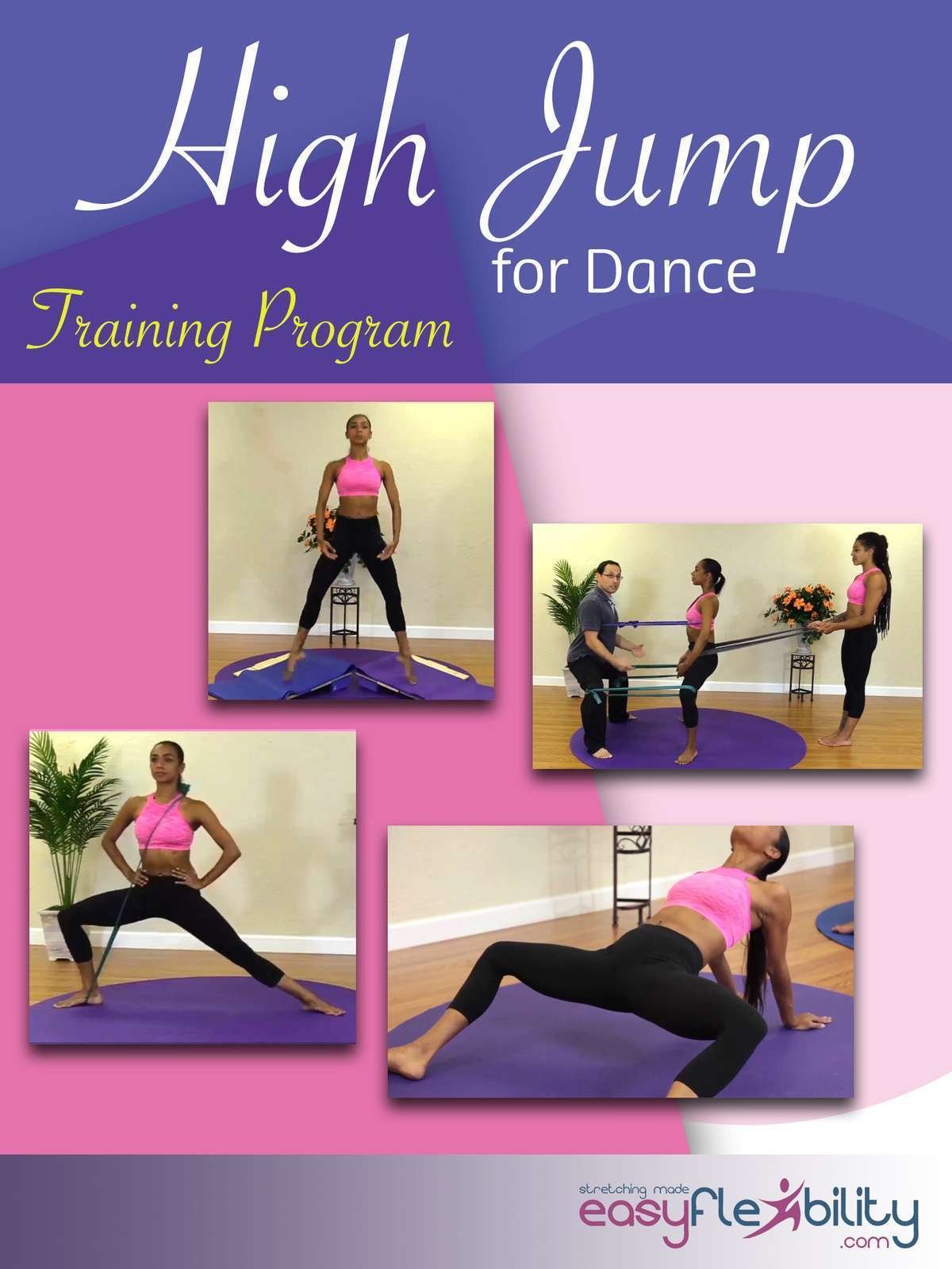
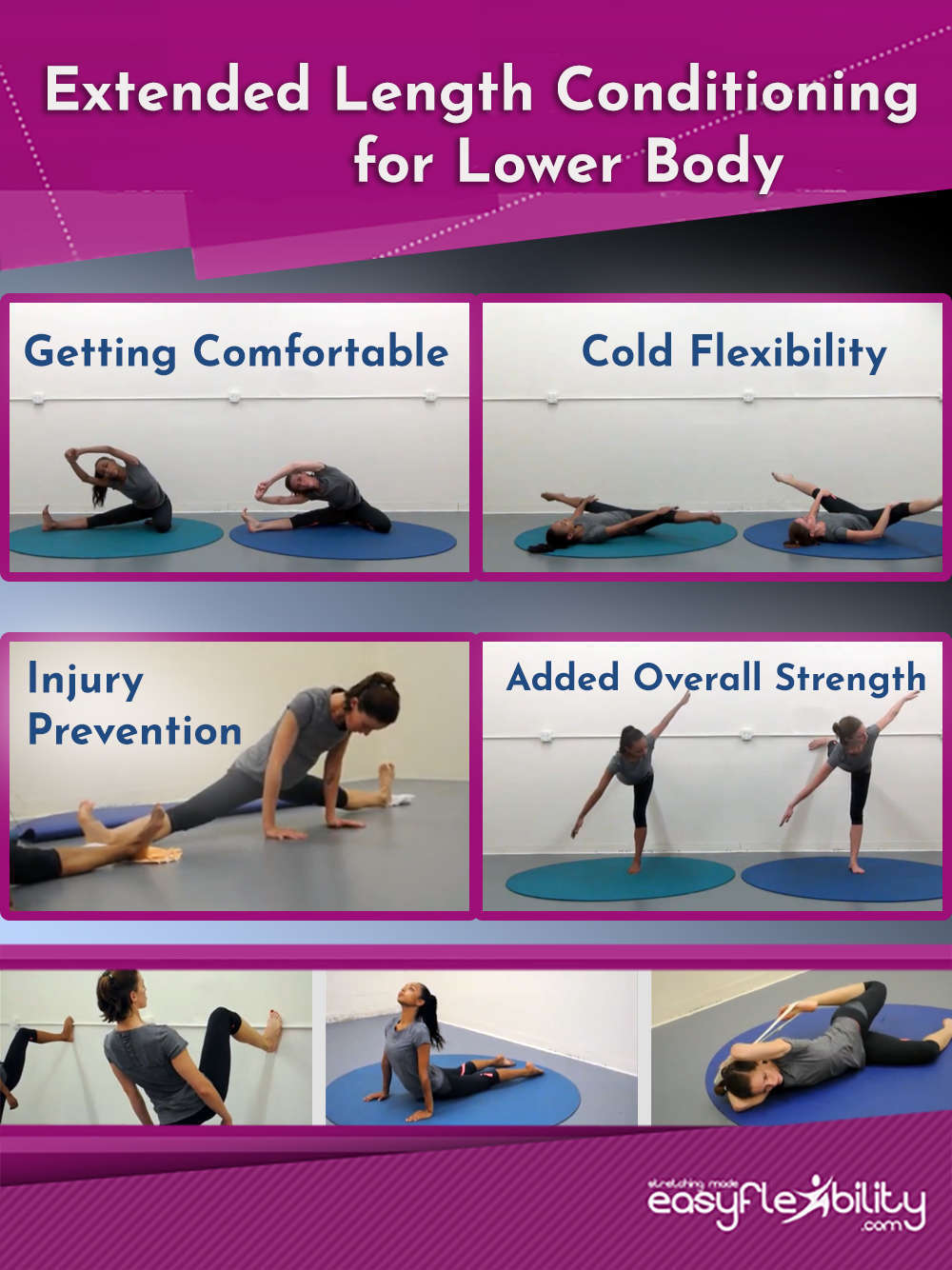
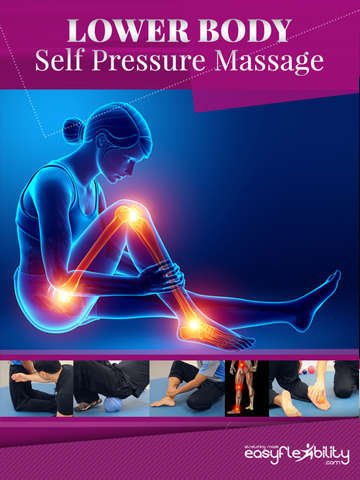
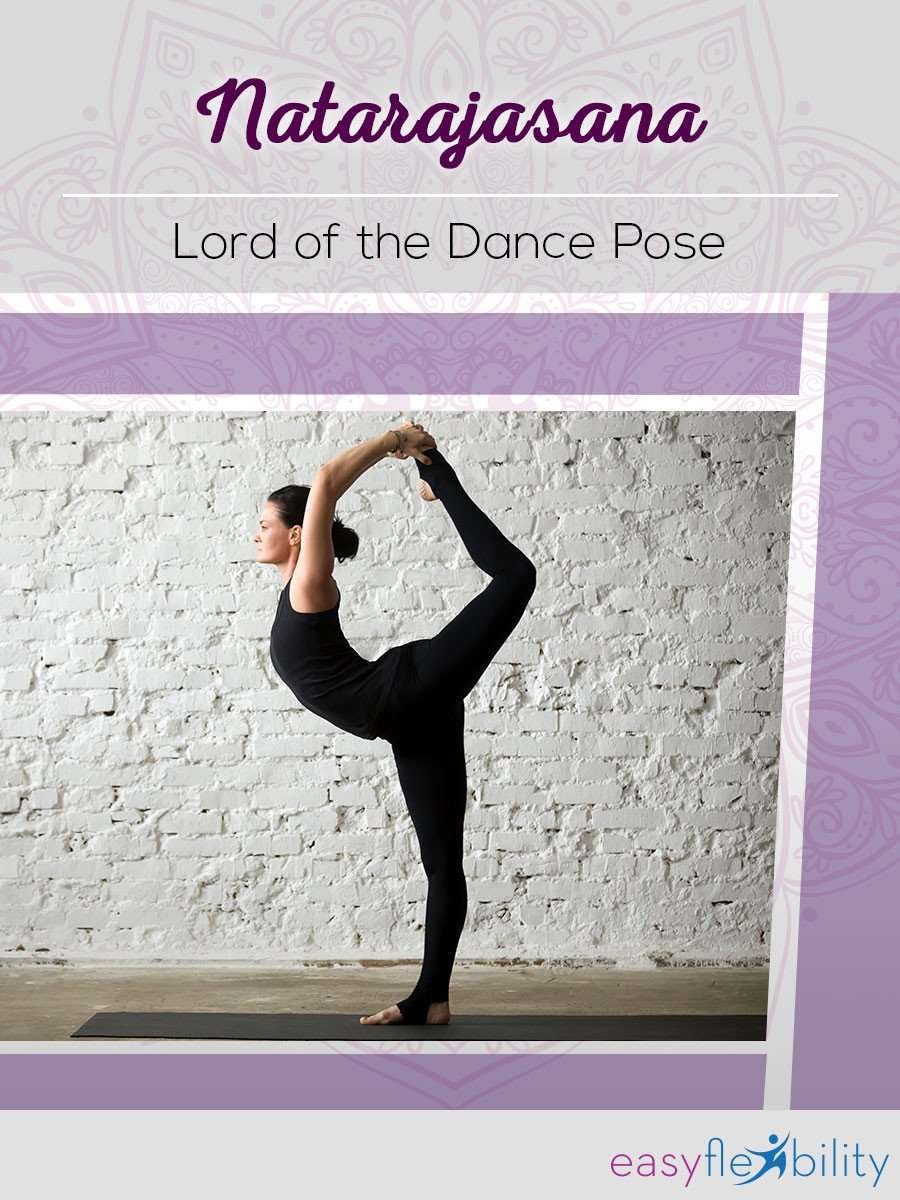
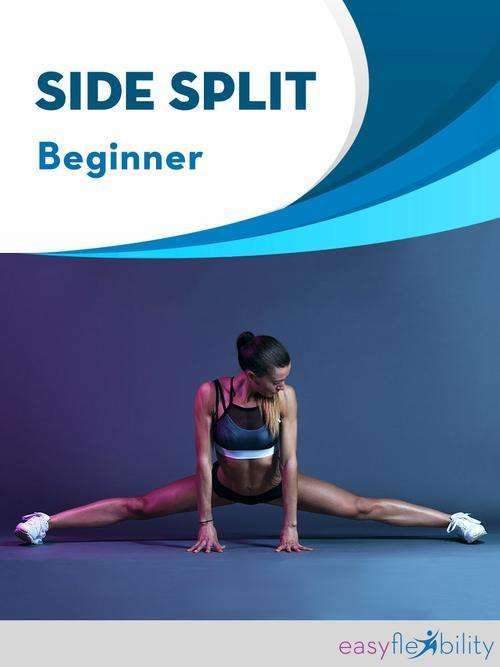
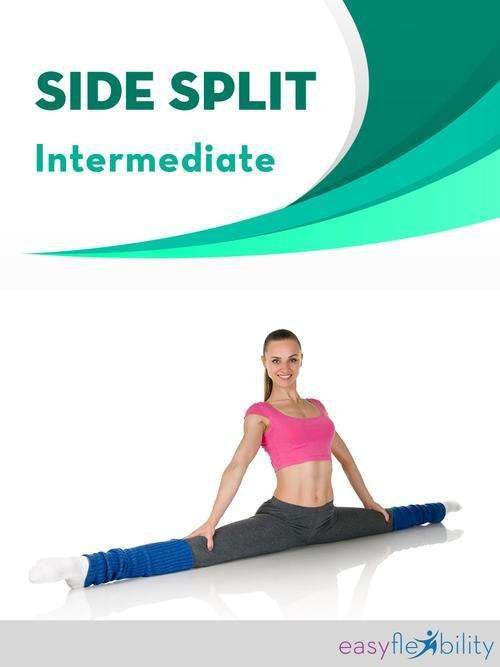
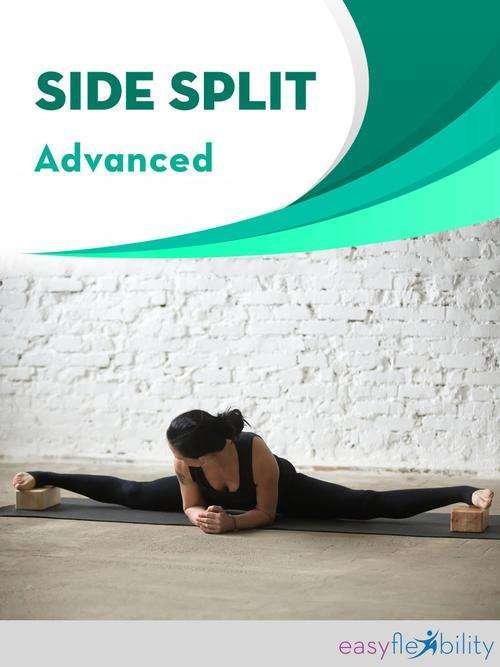
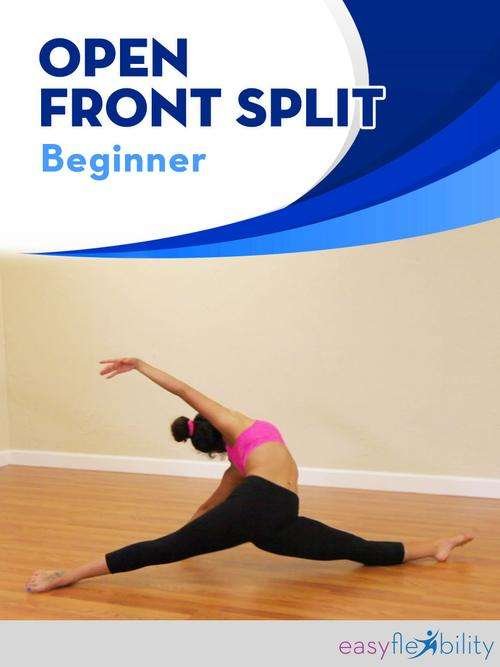
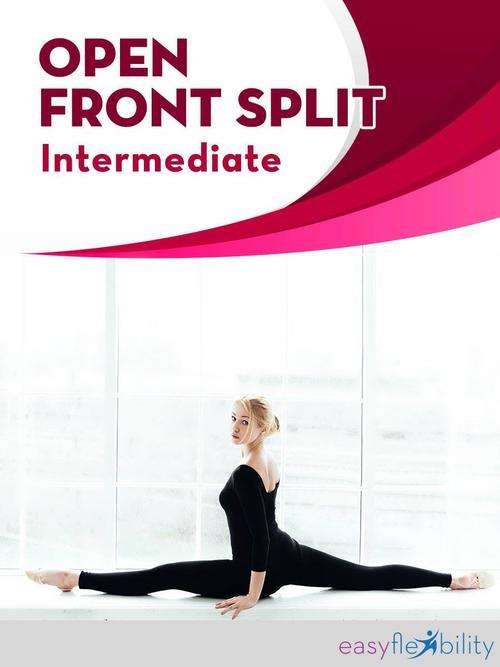
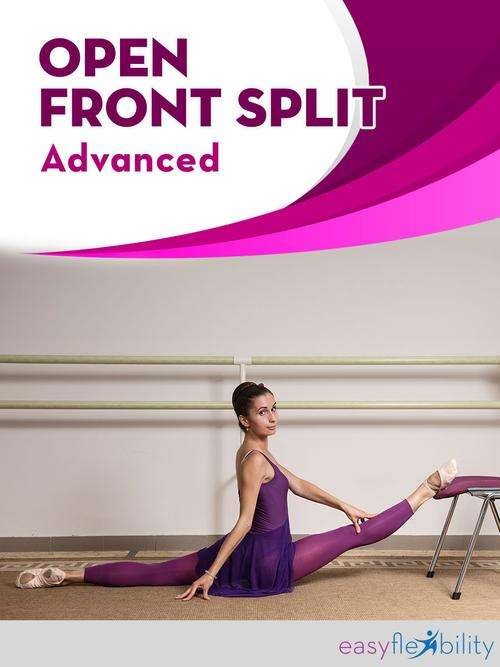
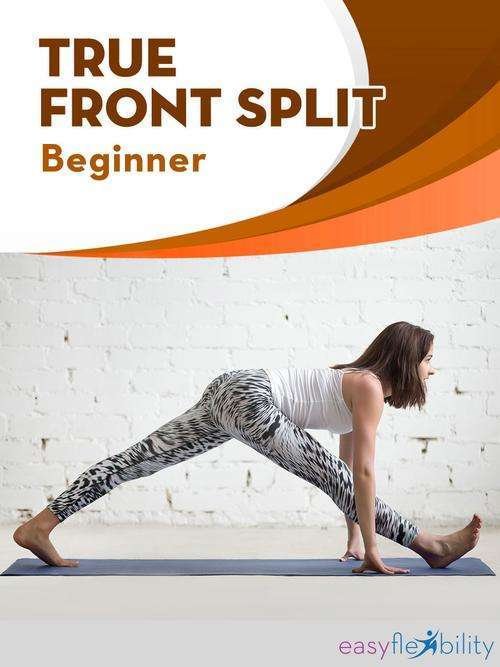
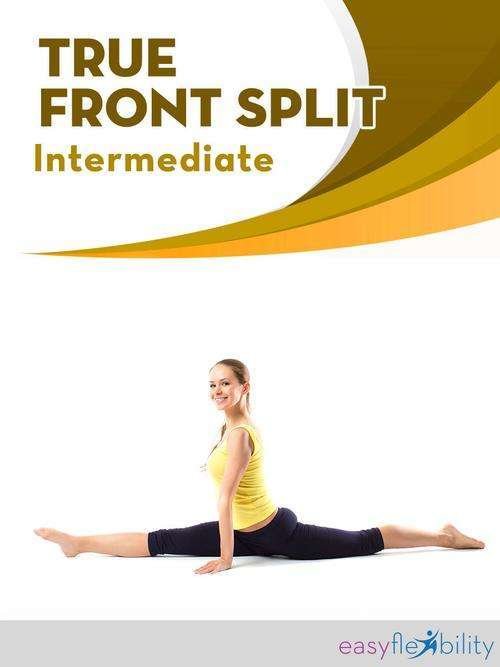
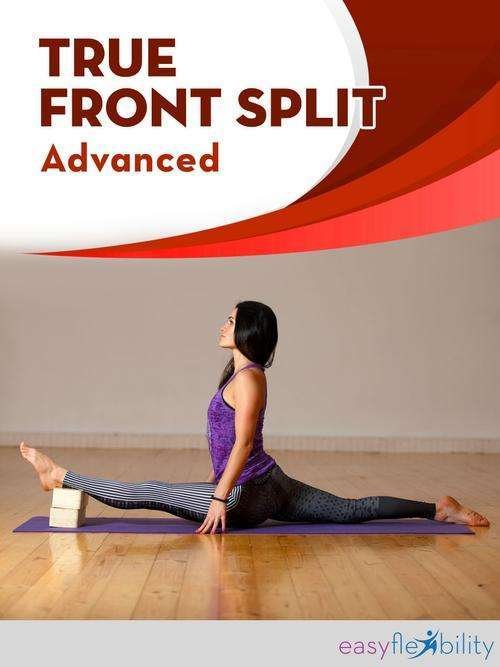
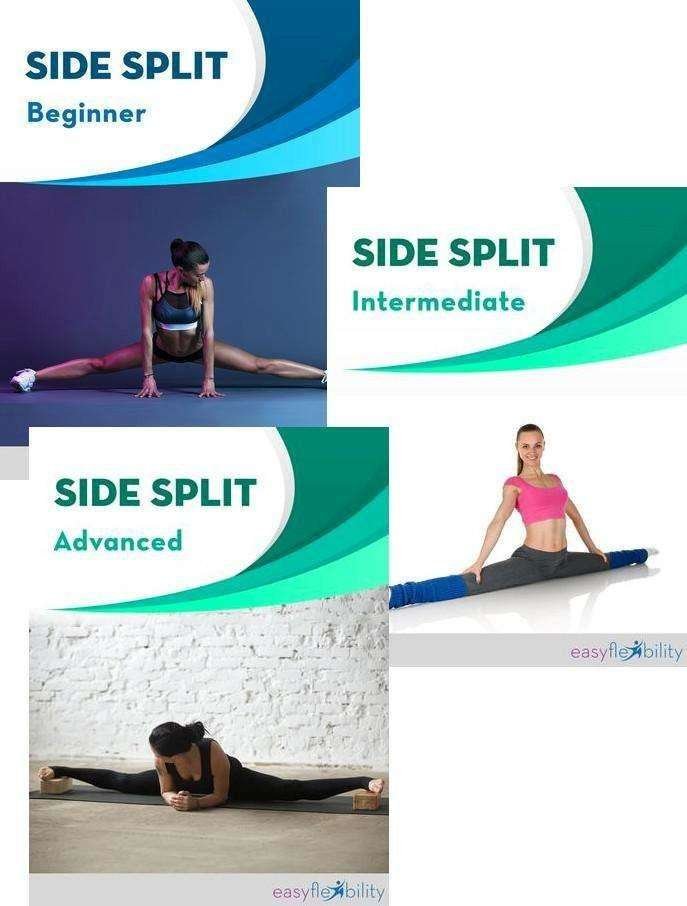
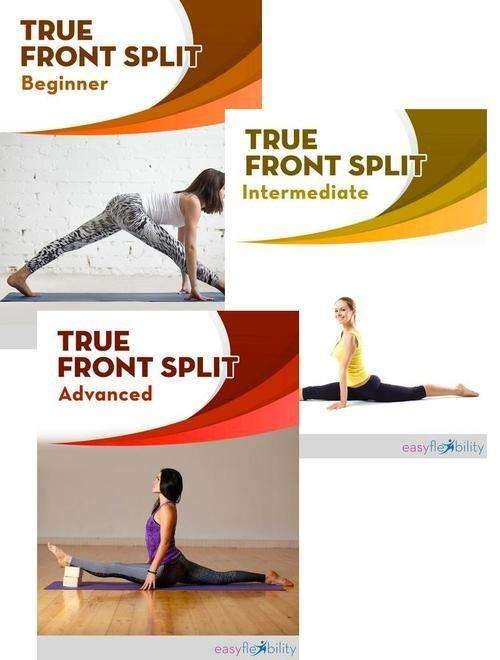
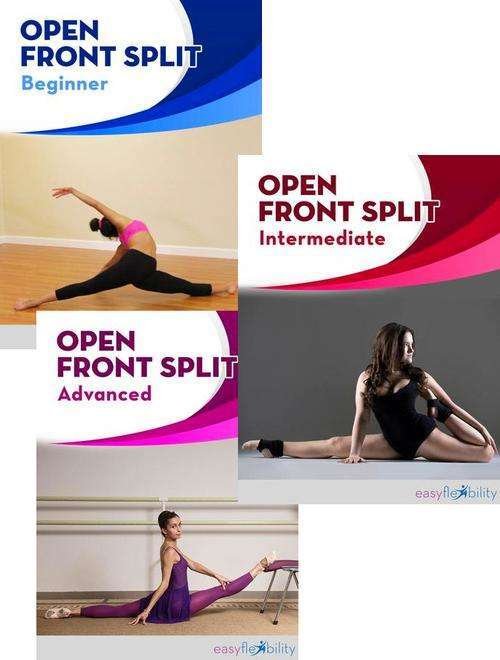
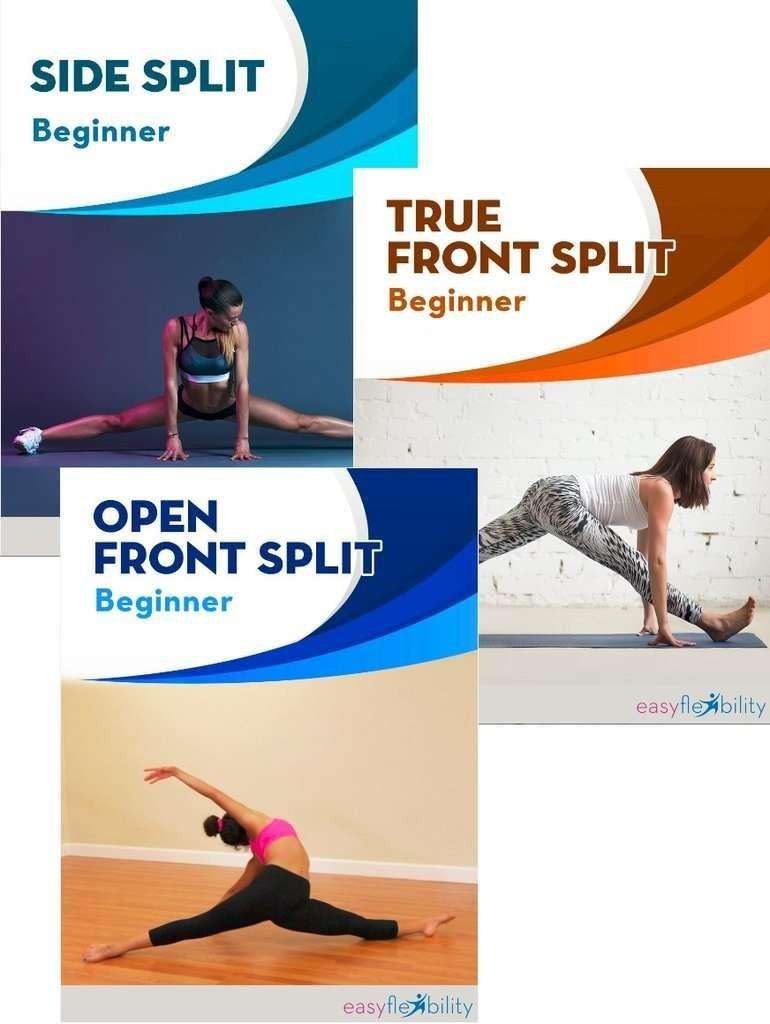
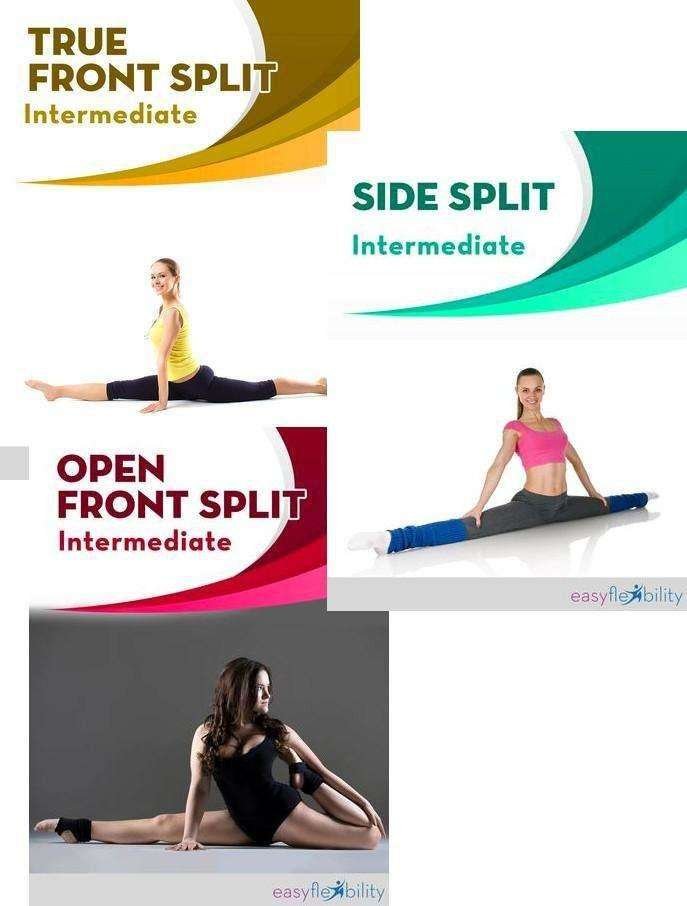
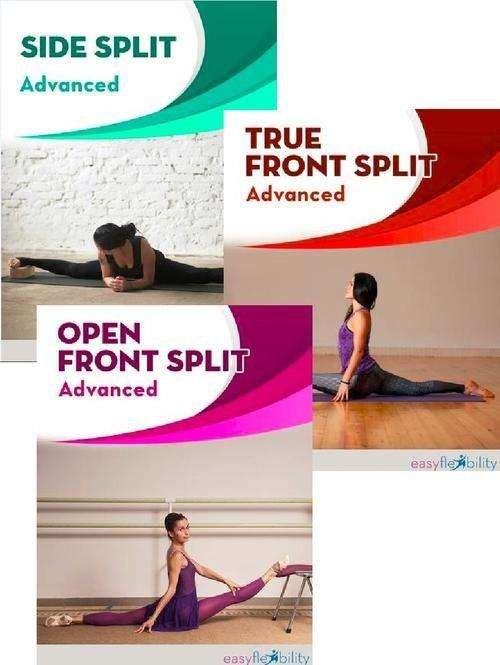
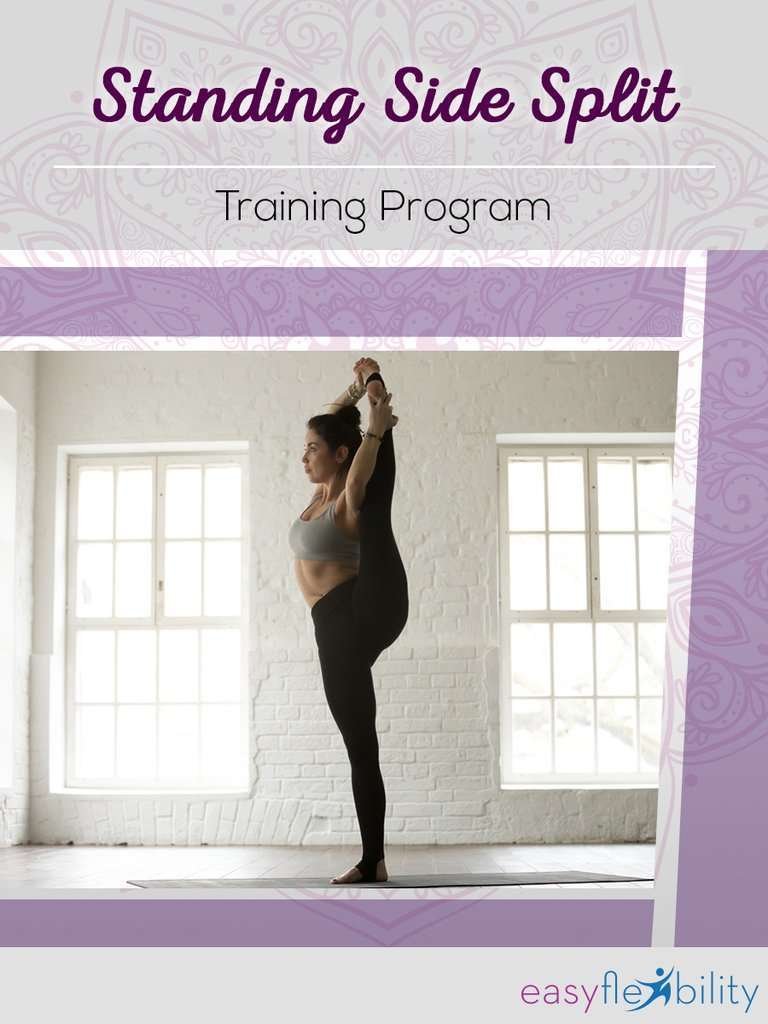
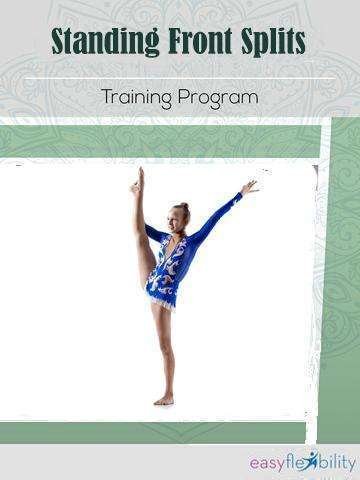

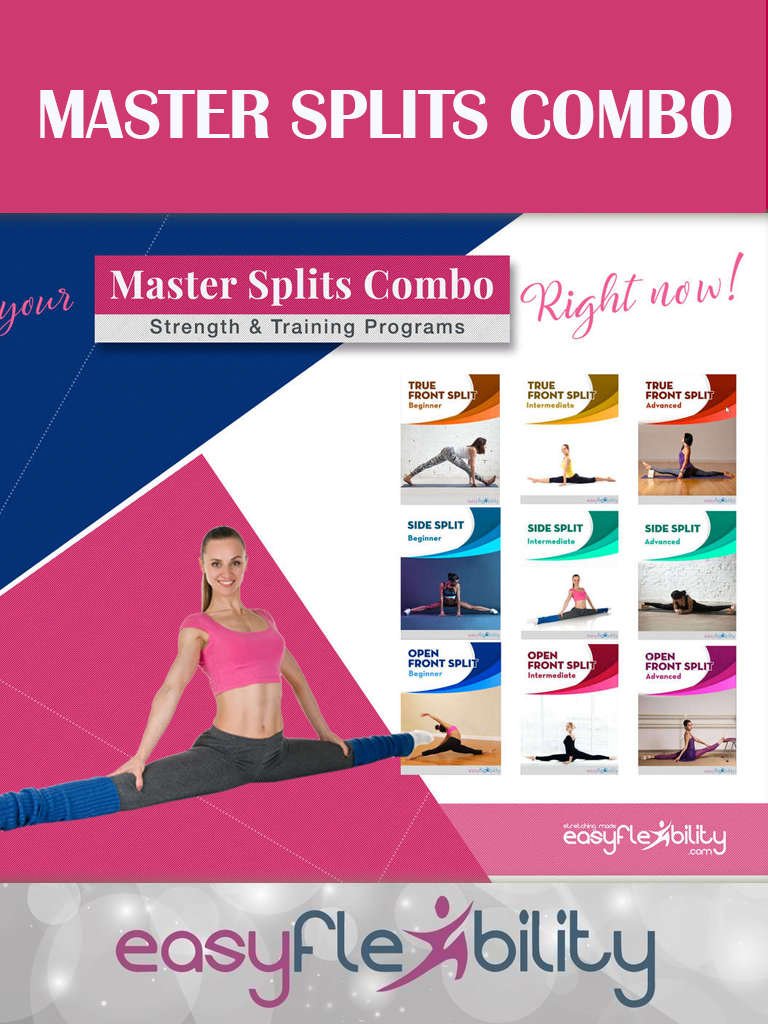
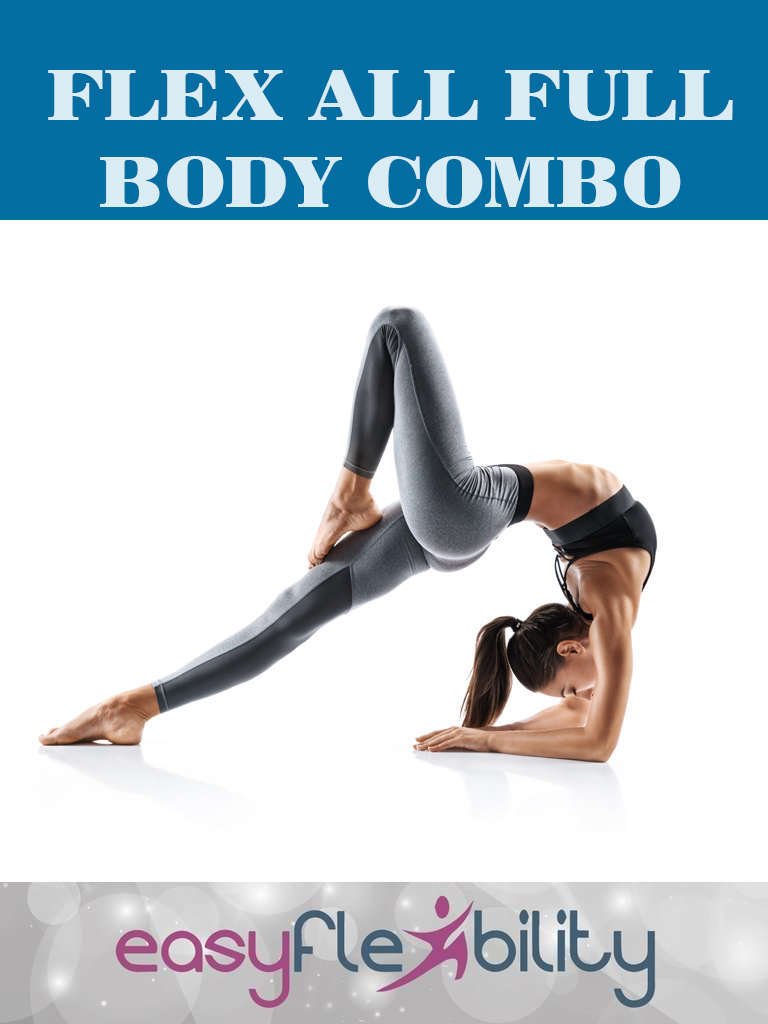
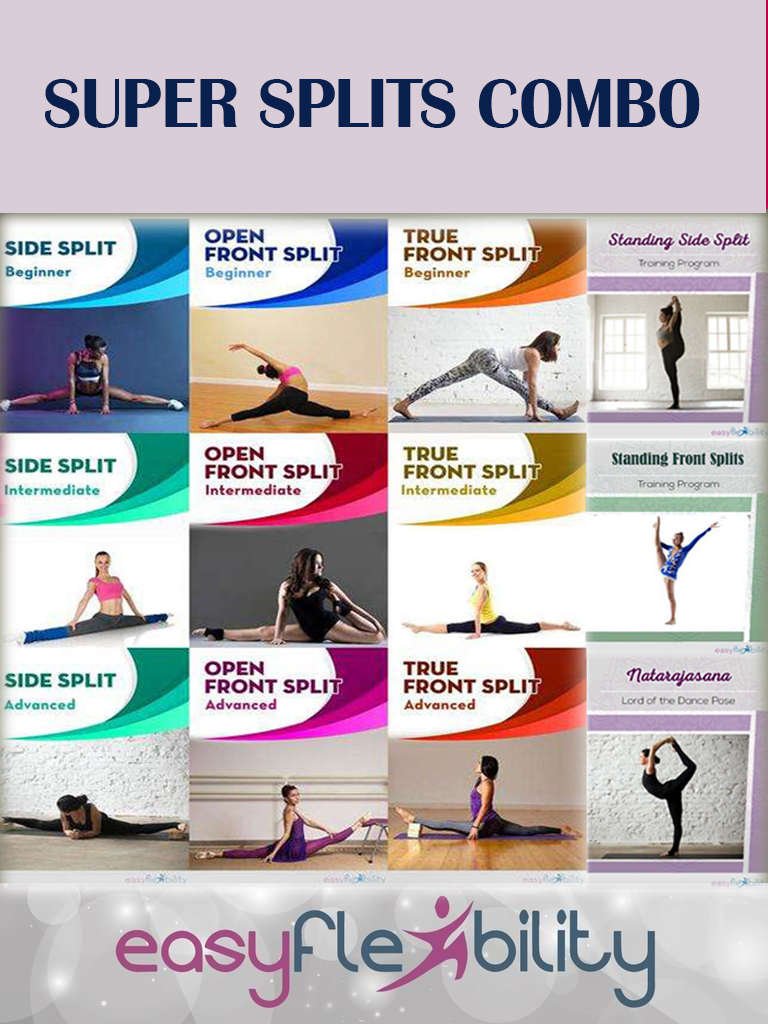
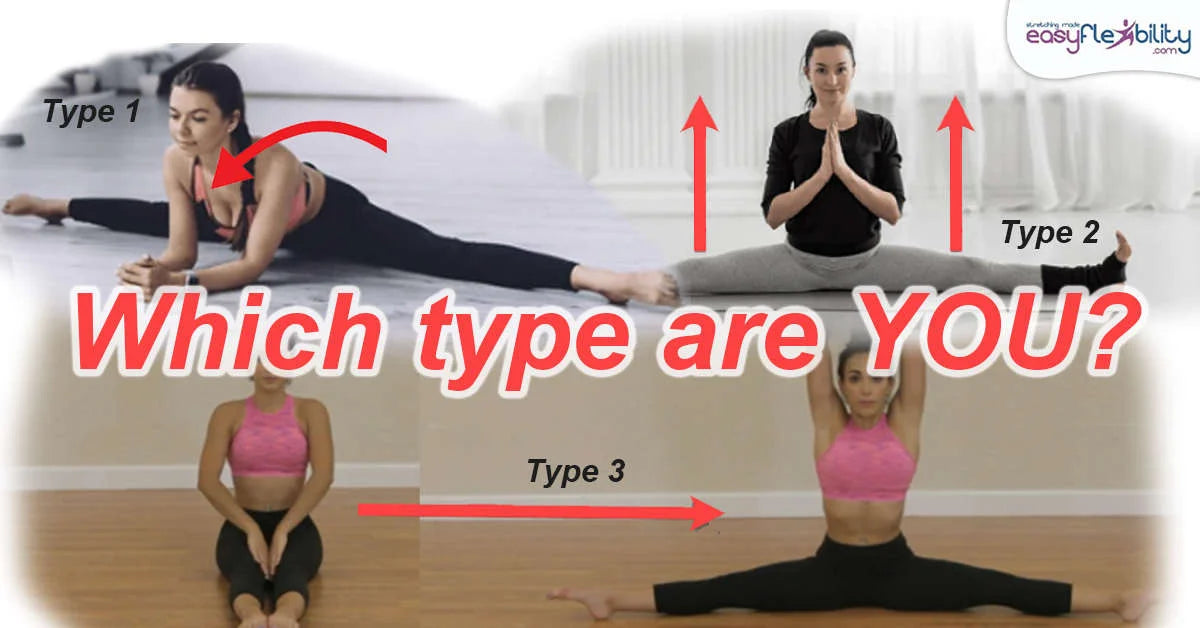
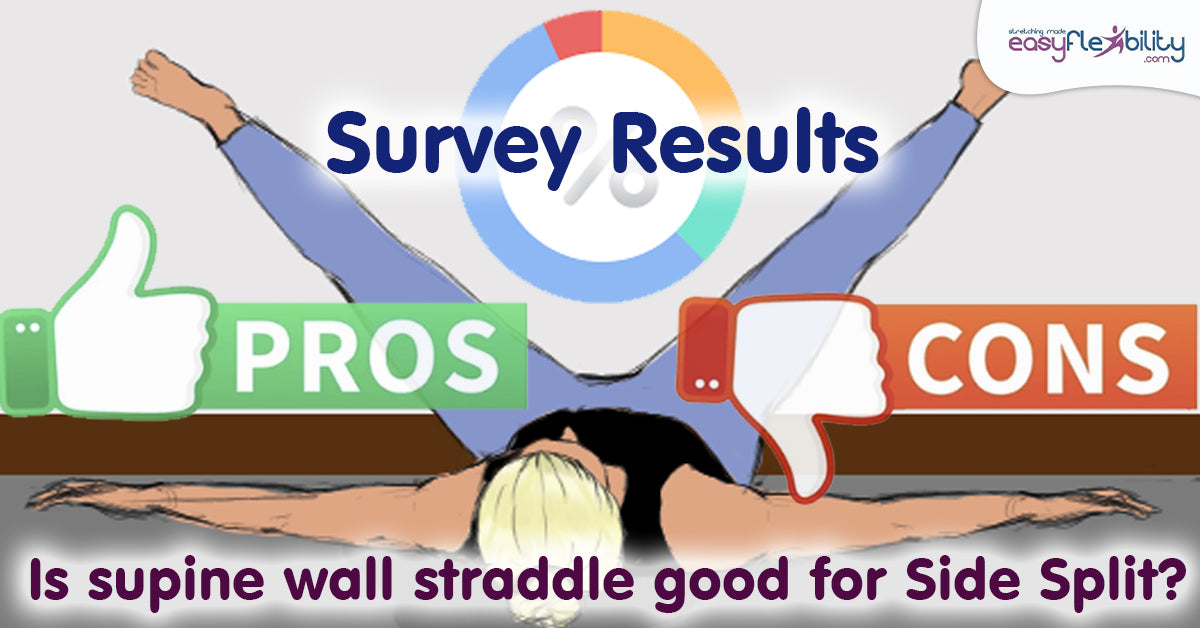
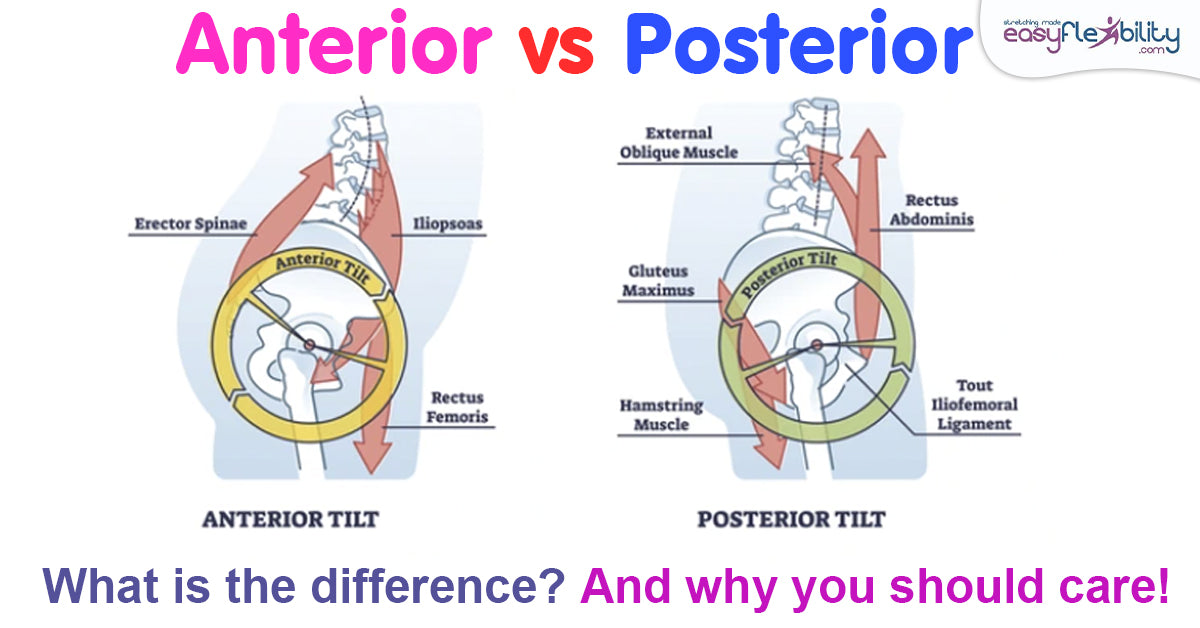
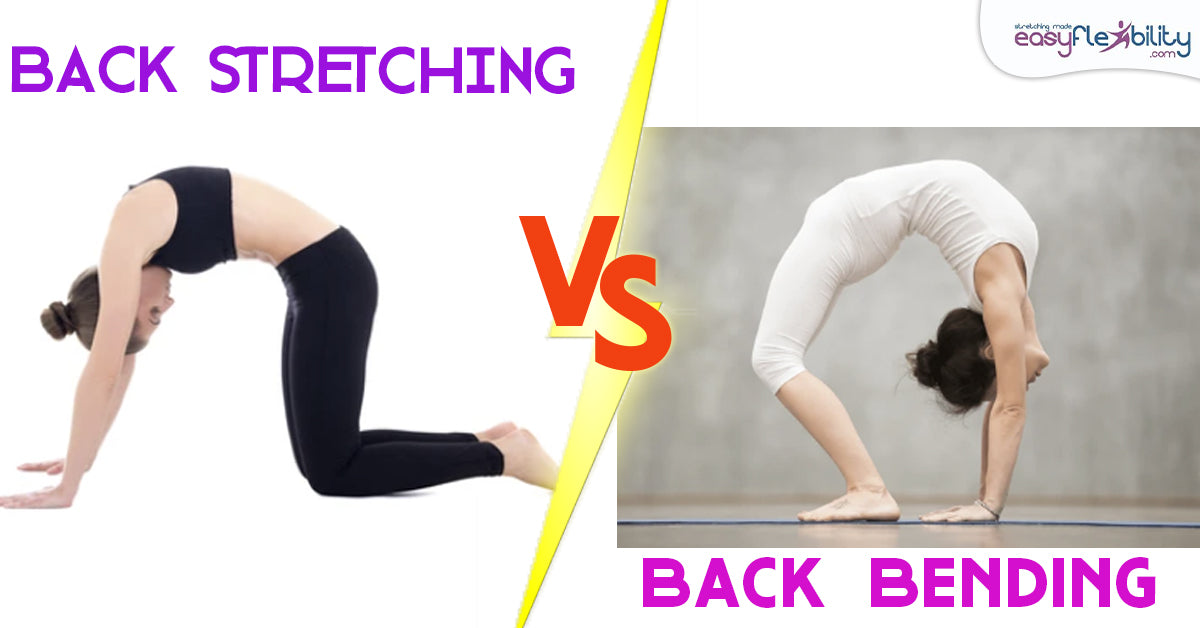
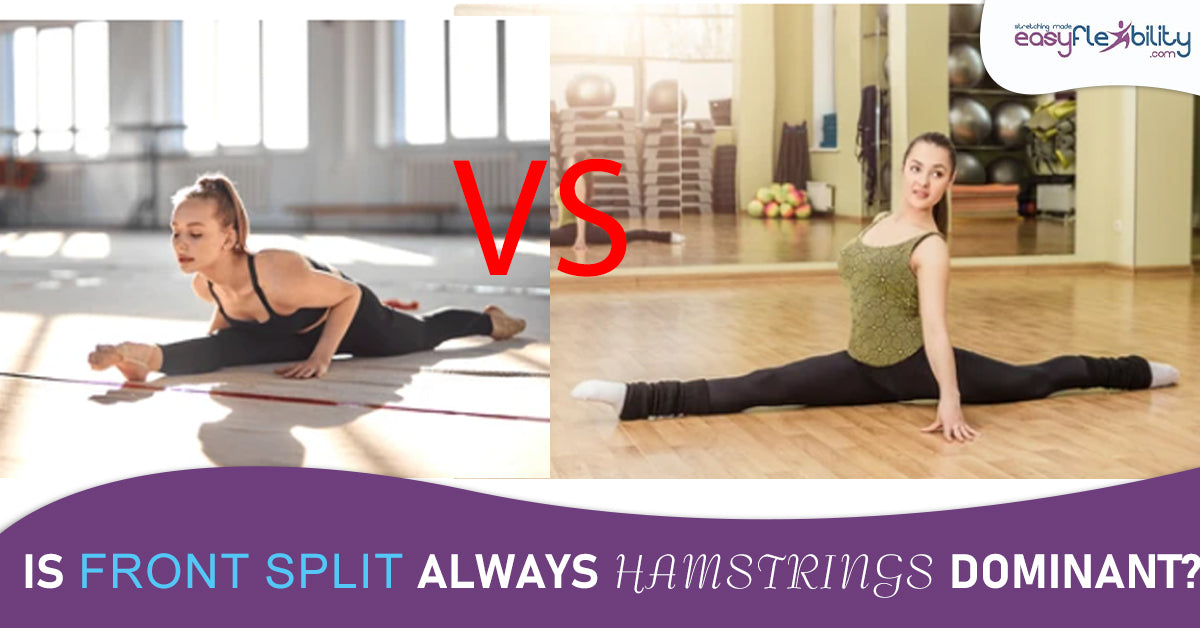
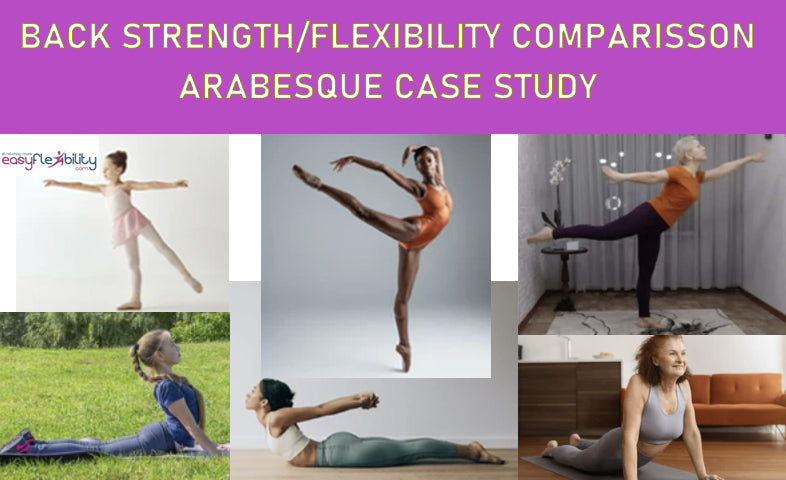
It seems that you the only ones that actually have scientific training in flexibility. Everyone else is all about PNF and passive stretches that are long outdated. I enjoy your stretching programs and your articles. Thank you for sharing.
I am 82 and I do morning walk 3 to 4 km. I have balance difficulty there are times I lose my standing balance. How to improve it.
I am 82 and I do morning walk 3 to 4 km. I have balance difficulty there are times I lose my standing balance. How to improve it.